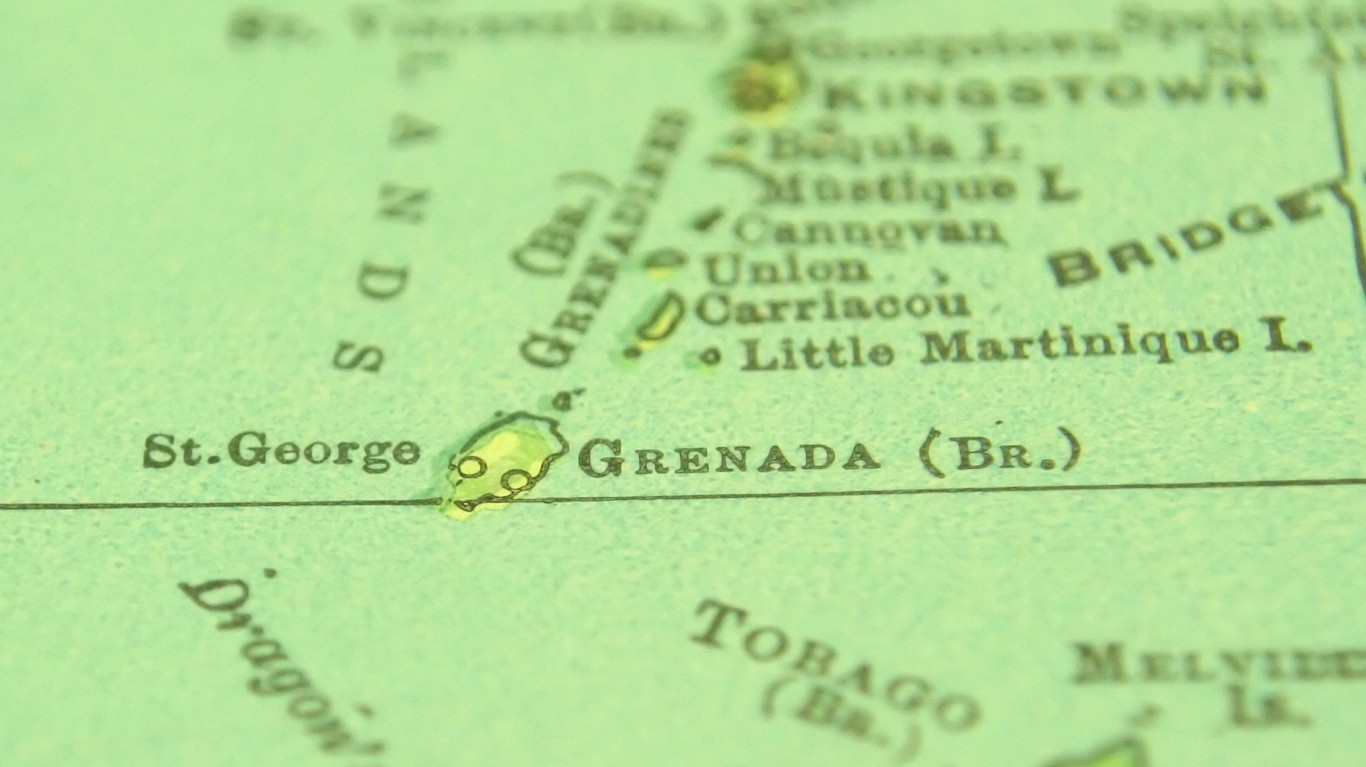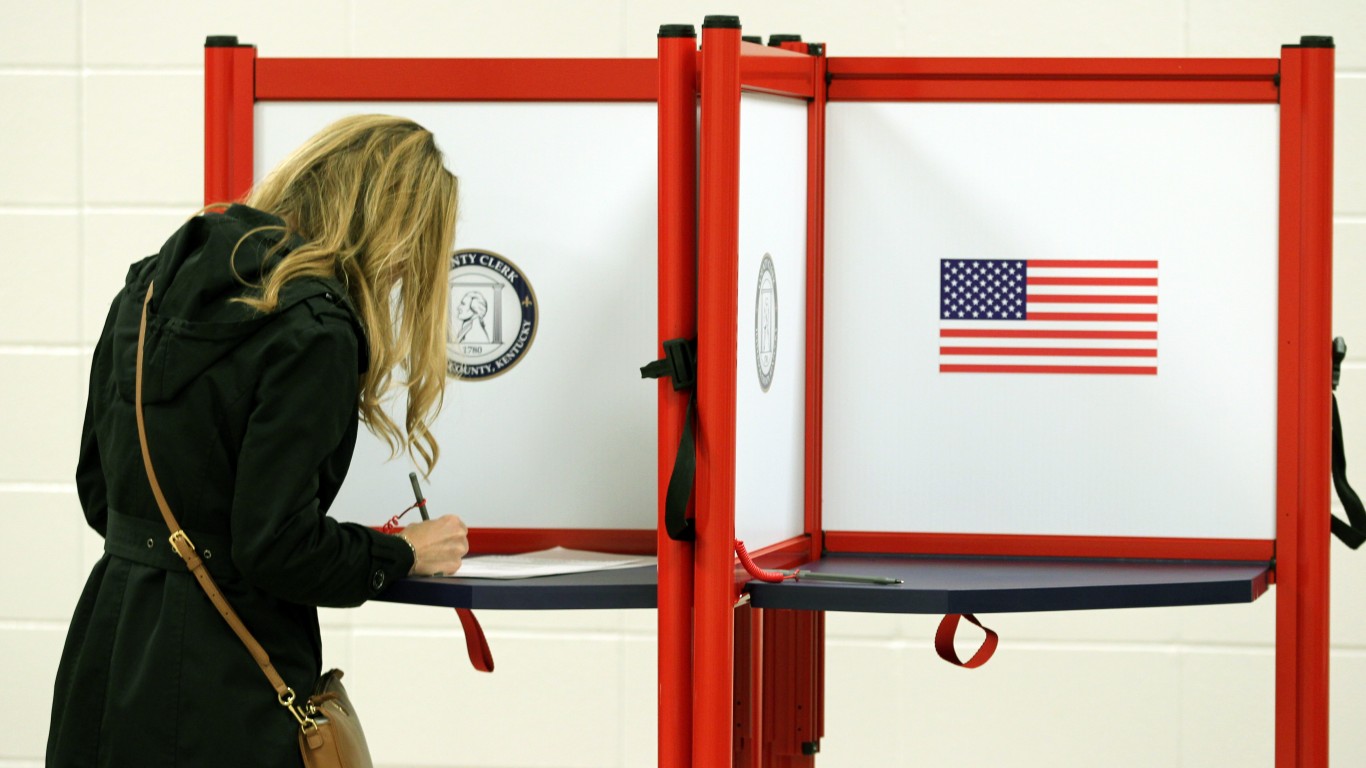
When Queen Elizabeth II died, her son, King Charles III, ascended the throne. King Charles is now not only the titular head of state of England, Scotland, Wales, and Northern Ireland, but also the head of the Commonwealth of Nations, a voluntary association of 56 independent nations scattered across the globe. (See the most important event in the life of Queen Elizabeth in every year of her reign.)
The Commonwealth is a vestige of the far-flung British empire. As former imperial colonies began to clamor for independence from the Crown, the British government loosened the reins starting in the 1920s and 1930s under new rules enacted under the Imperial Conference of 1926 and the Statute of Westminster in 1931. The changes granted the country’s former dominions more control over their own domestic and foreign affairs. Today, those countries maintain close, friendly ties to the U.K. but operate as sovereign nations.
There are 14 Commonwealth realms: Antigua and Barbuda, Australia, the Bahamas, Belize, Canada, Grenada, Jamaica, New Zealand, Papua New Guinea, Saint Kitts and Nevis, Saint Lucia, Saint Vincent and the Grenadines, Solomon Islands, and Tuvalu. The U.K. is also considered a Commonwealth realm. A commonwealth realm recognizes the king as head of state, but only in a symbolic role.
Barbados joined the Commonwealth in 1966, but last year it became a republic. By switching over to a republic form of government, Barbados removed Queen Elizabeth as its head of state. (Find out who are the 20 longest-reigning monarchs in history?)
Some countries, notably, South Africa, Pakistan, Gambia, and Fiji, left the Commonwealth but later rejoined. All but two – Mozambique and Rwanda – were once part of Britain’s imperial empire.
To determine every country in the Commonwealth, 24/7 Wall St. consulted Britannica, Wikipedia, and UK.gov. Countries are ordered by the date they joined the Commonwealth. Countries that left the Commonwealth and rejoined are listed with their original joining date. Population figures are for 2021 from the World Bank.
The ascension of King Charles renewed discussions about the mistreatment of native peoples under British imperial rule. Even before Queen Elizabeth death’s, when Prince William and Princess Kate’s tour of the Caribbean countries of Belize, Jamaica, and the Bahamas in March drew protests about past slavery and colonialism in the region.
Click here to see every country in the British Commonwealth.
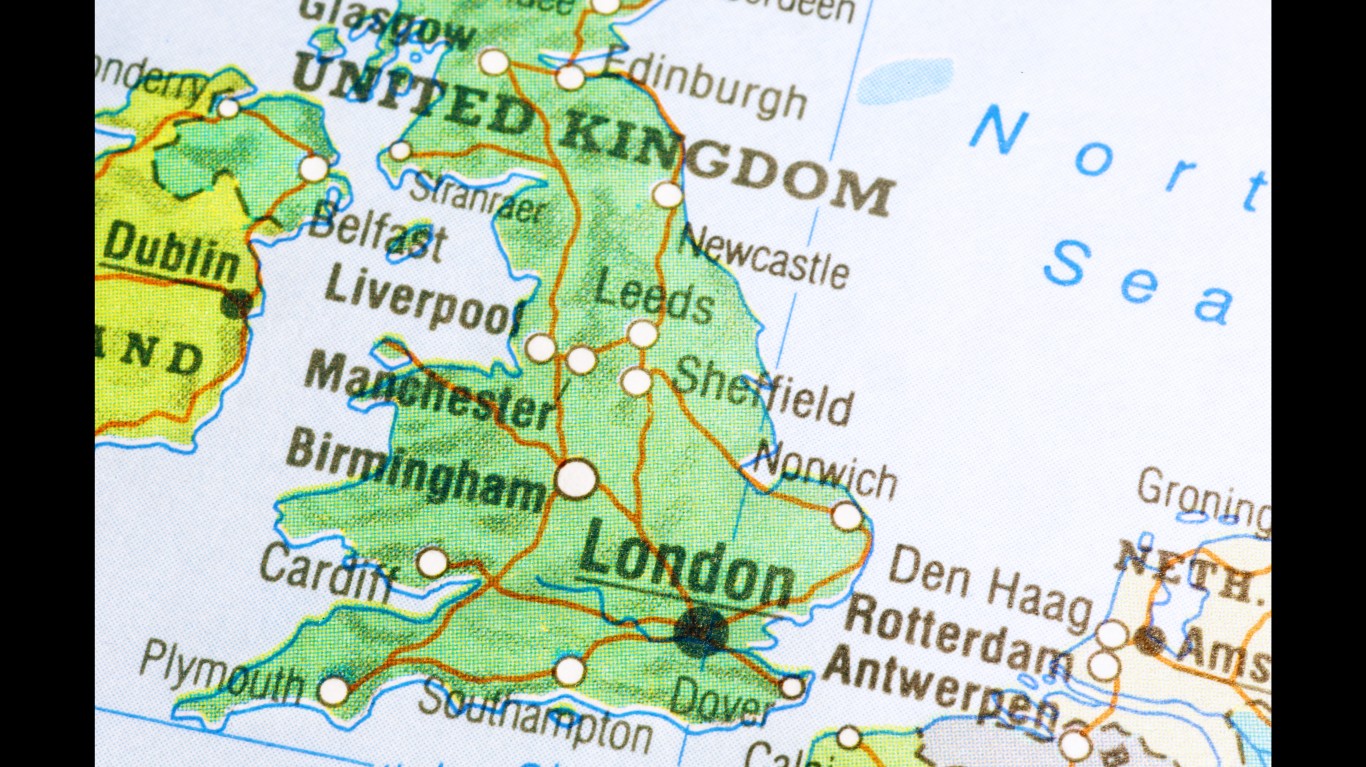
1. United Kingdom
> Joined: Nov. 19, 1926
> Population: 67,326,570
> System of government: Unitary Commonwealth realm
[in-text-ad]
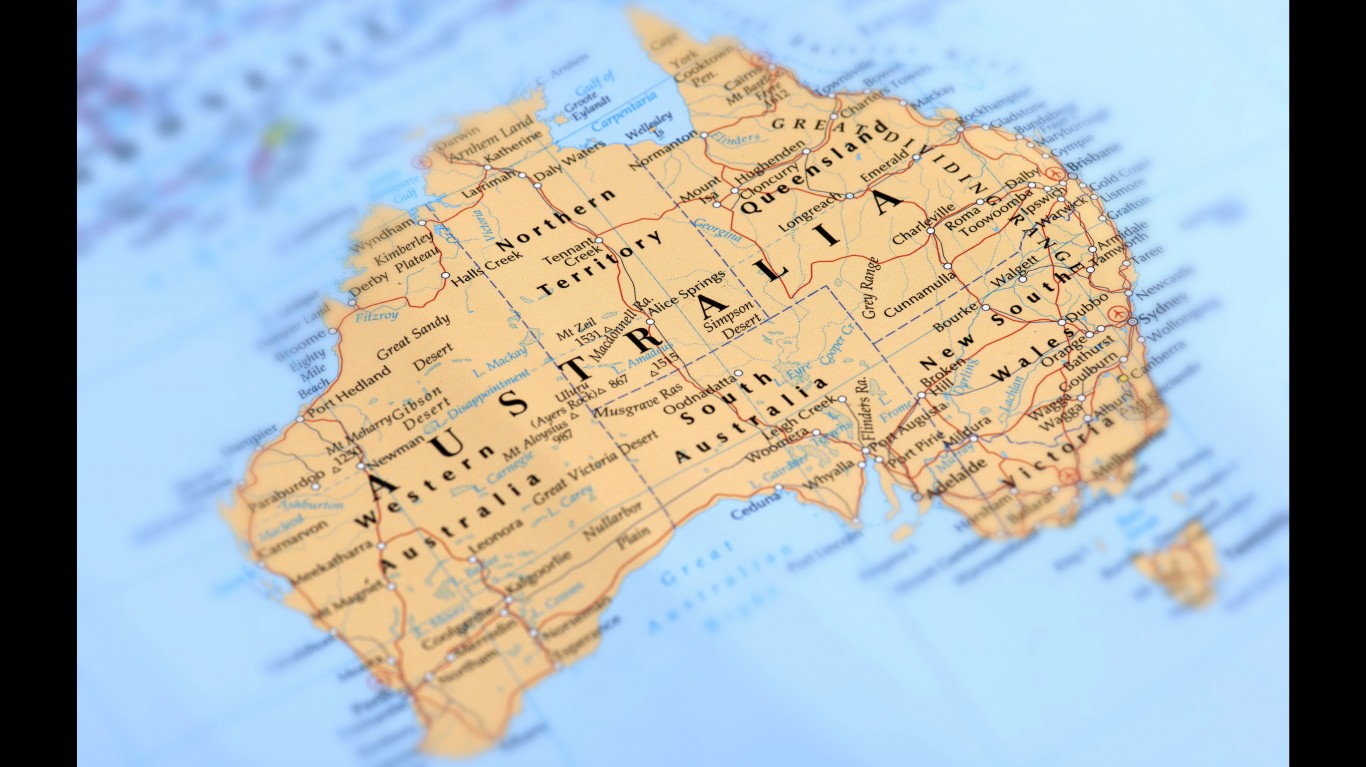
2. Australia
> Joined: Nov. 19, 1926
> Population: 25,739,260
> System of government: Federal Commonwealth realm
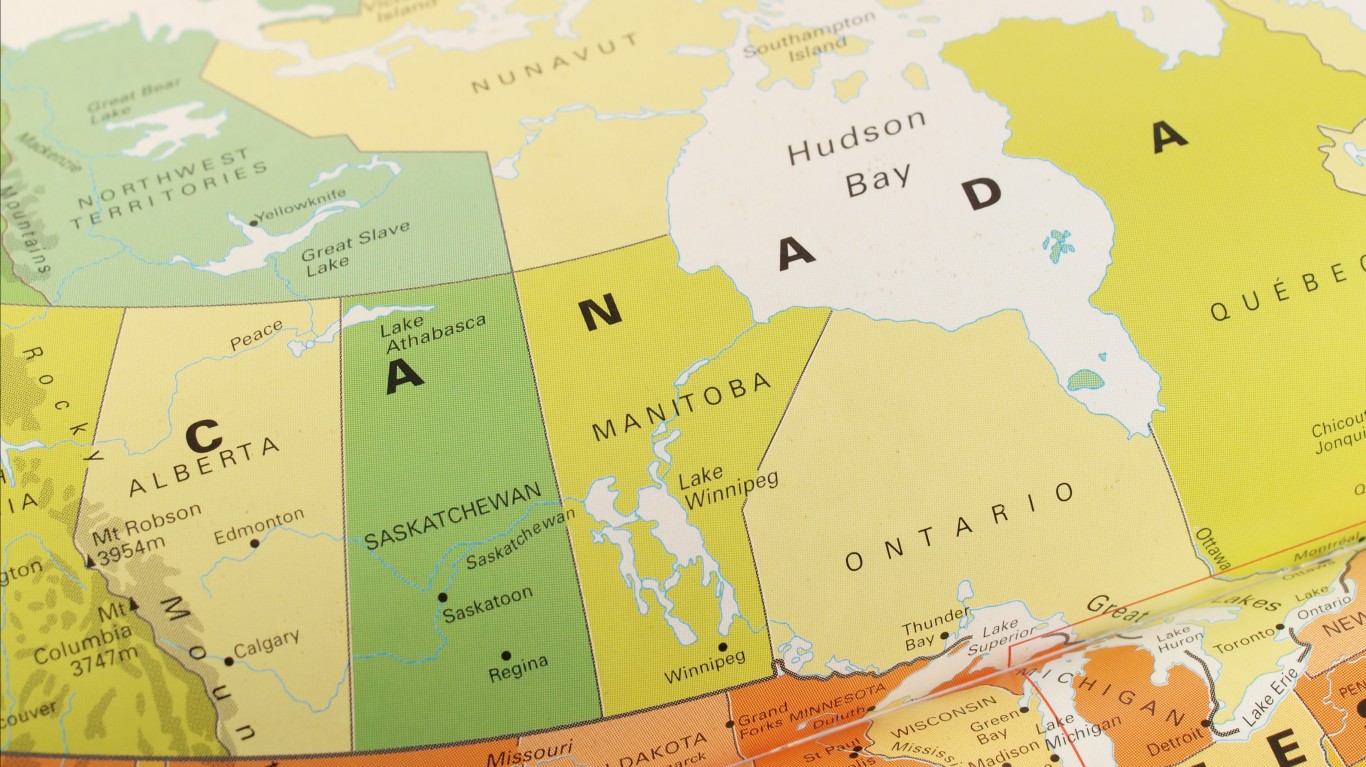
3. Canada
> Joined: Nov. 19, 1926
> Population: 38,246,110
> System of government: Federal Commonwealth realm
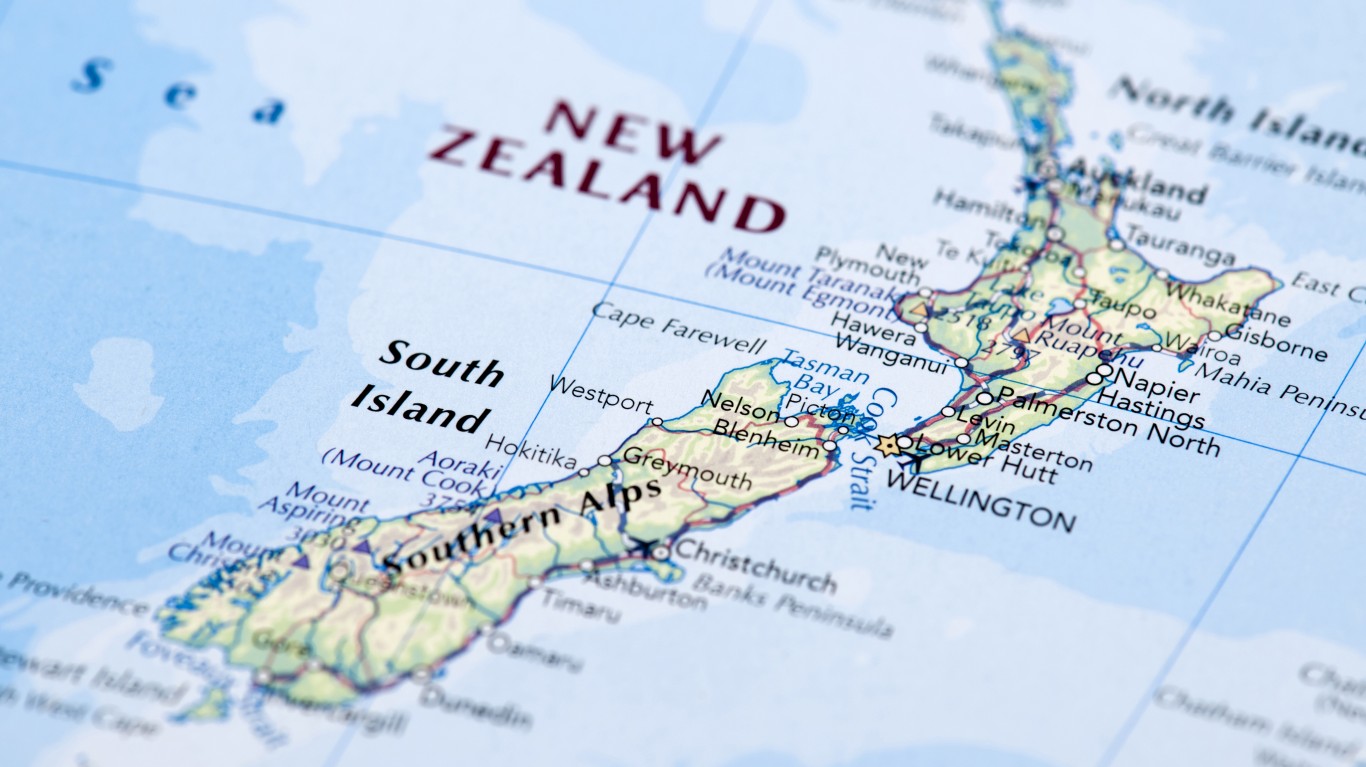
4. New Zealand
> Joined: Nov. 19, 1926
> Population: 512,260
> System of government: Unitary Commonwealth realm
[in-text-ad-2]
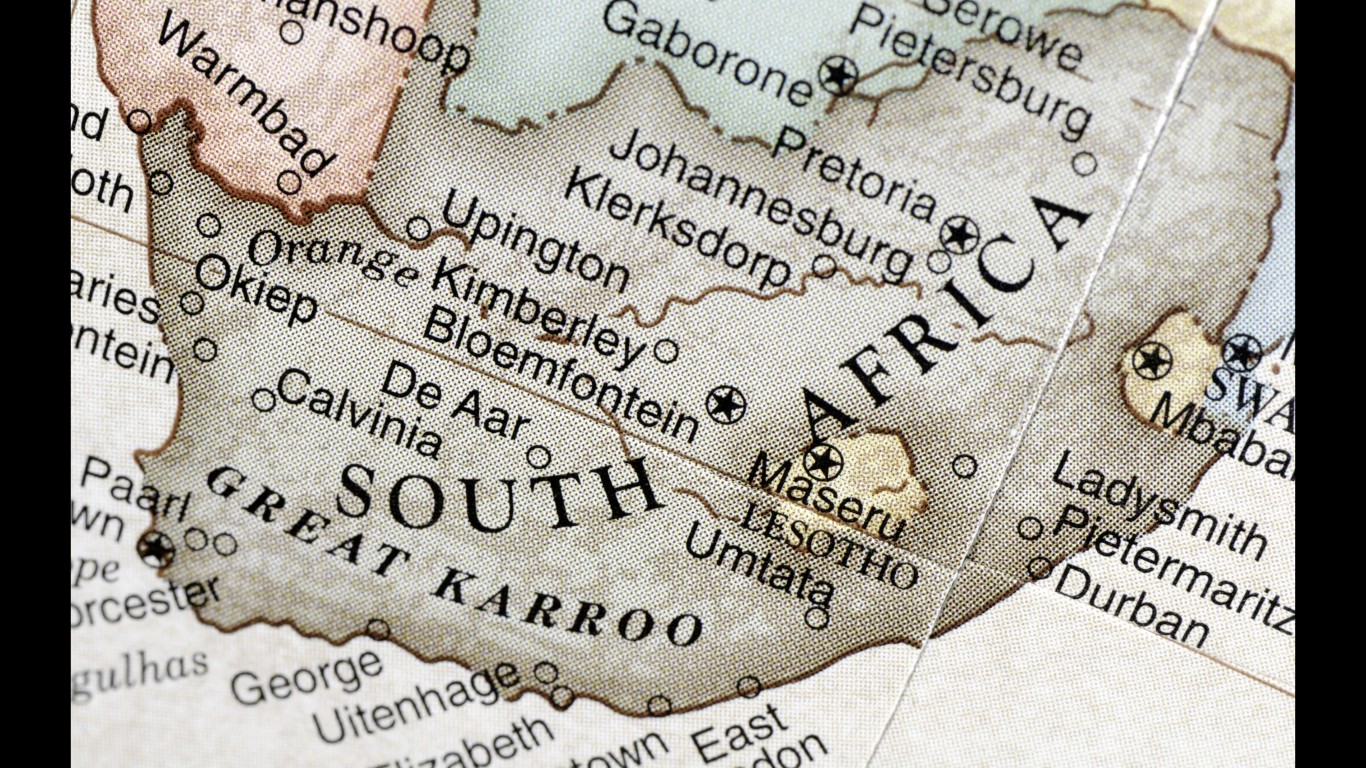
5. South Africa
> Joined: Nov. 19, 1926
> Population: 600,420
> System of government: Unitary parliamentary republic with an executive presidency
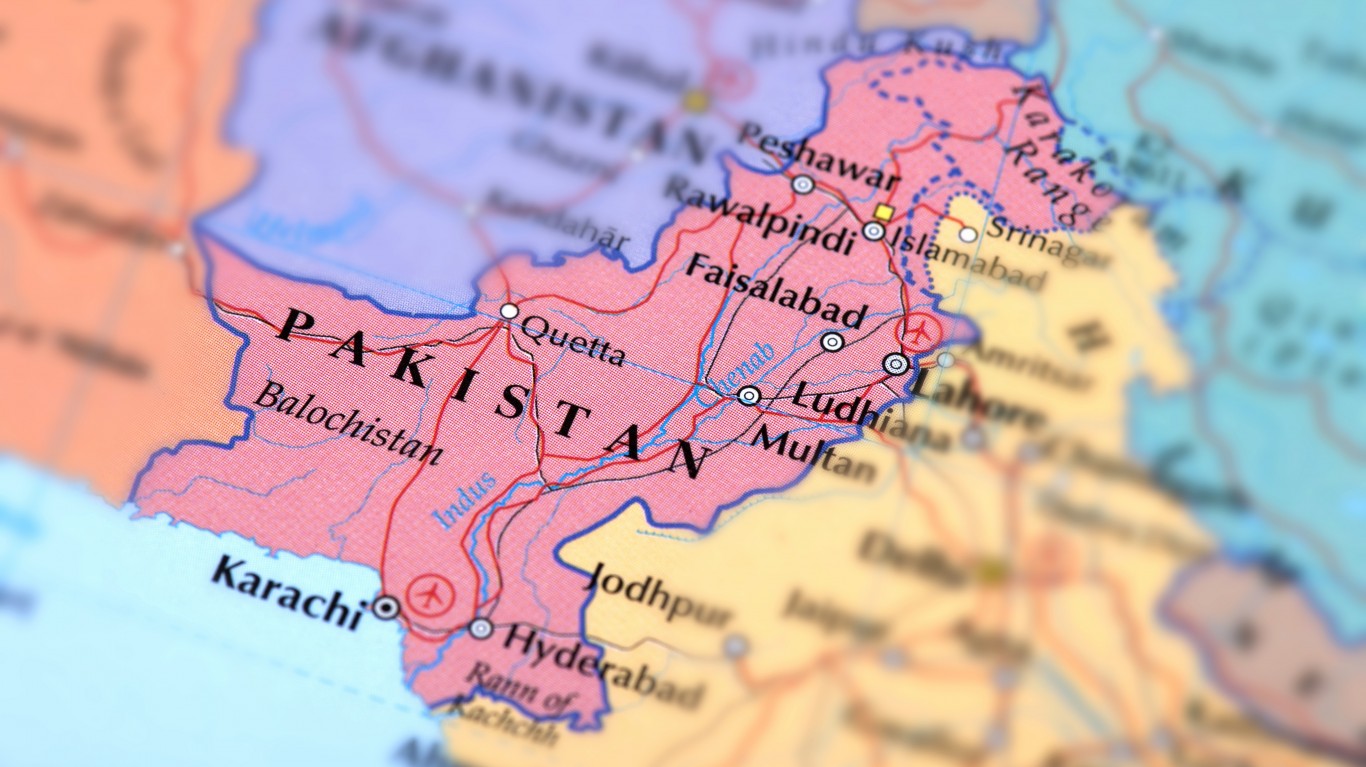
6. Pakistan
> Joined: Aug. 14, 1947
> Population: 225,199,930
> System of government: Federal Westminster republic
[in-text-ad]
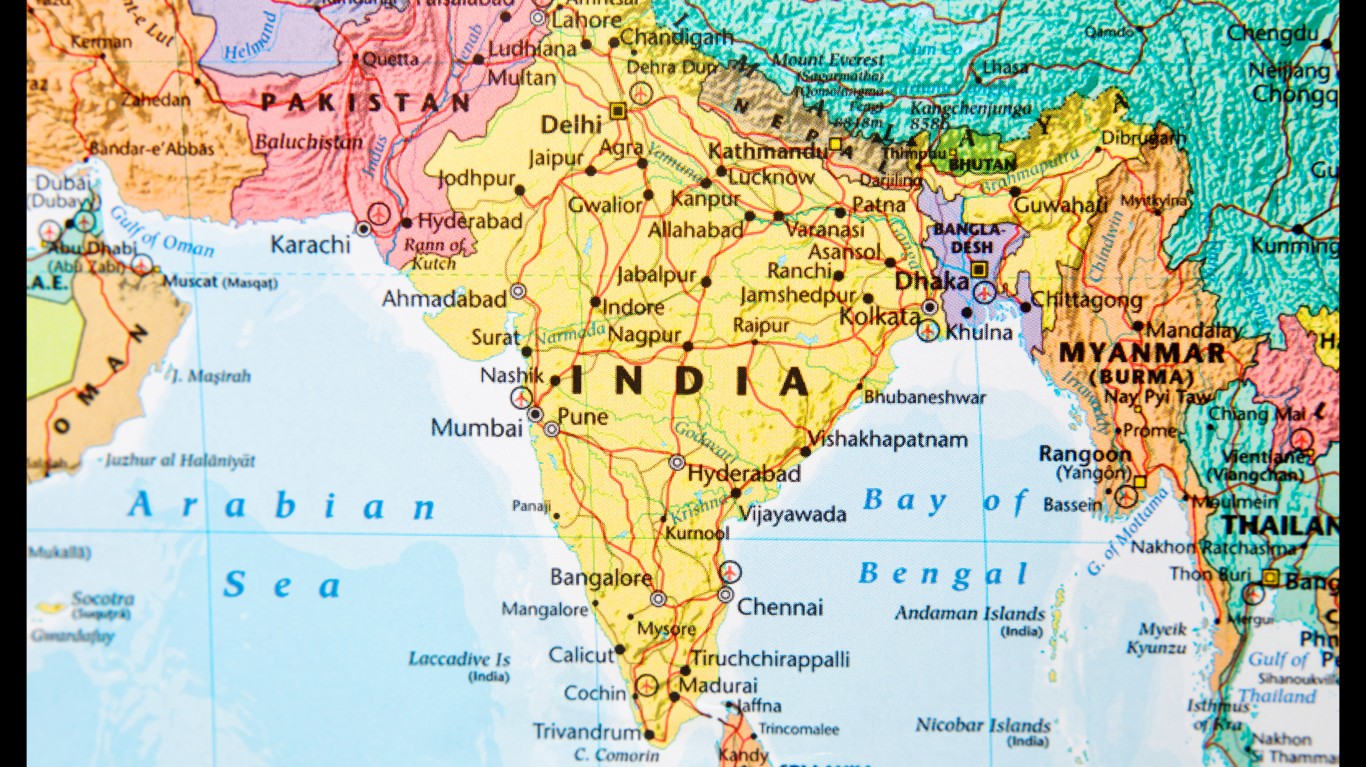
7. India
> Joined: Aug. 15, 1947
> Population: 1,393,409,030
> System of government: Federal Westminster republic
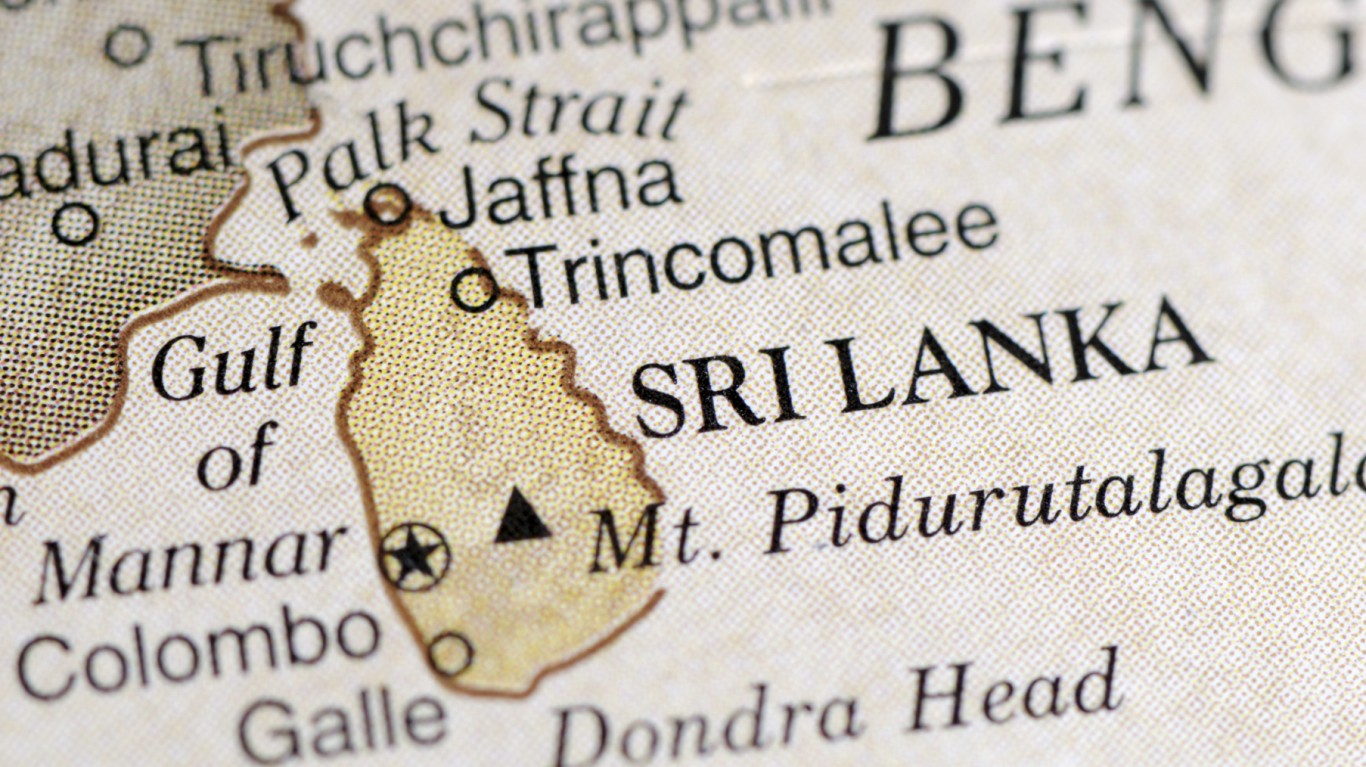
8. Sri Lanka
> Joined: Feb. 4, 1948
> Population: 221,560
> System of government: Unitary semi-presidential republic
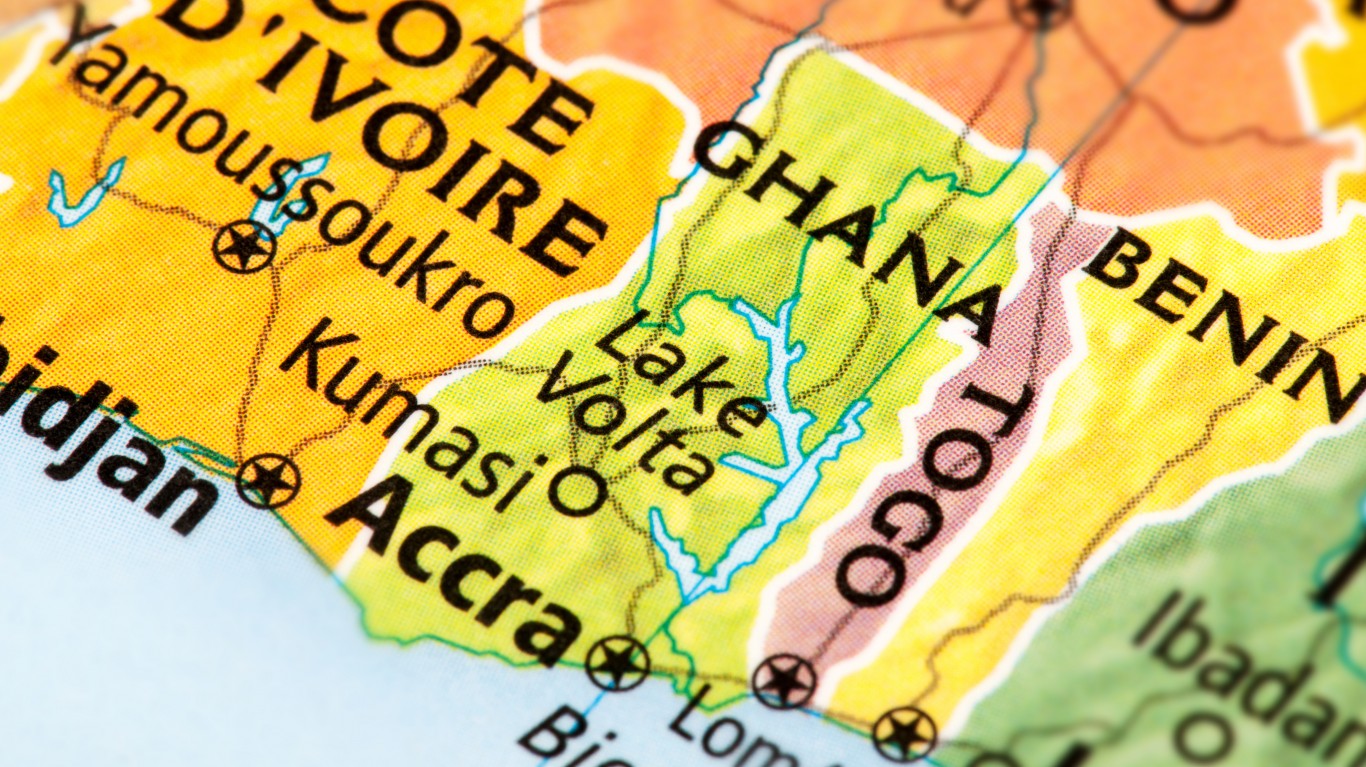
9. Ghana
> Joined: March 6, 1957
> Population: 31,732,130
> System of government: Unitary presidential republic
[in-text-ad-2]
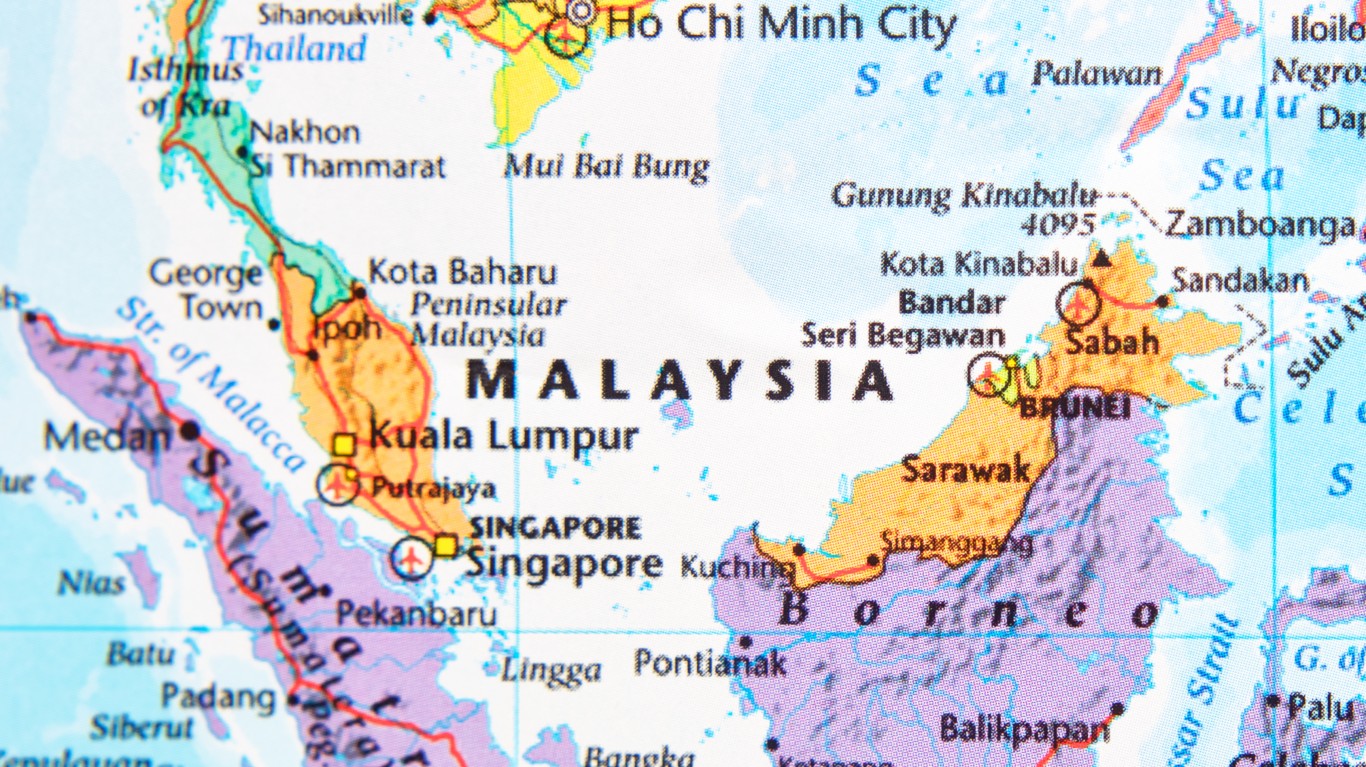
10. Malaysia
> Joined: Aug. 31, 1957
> Population: 32,776,190
> System of government: Federal Westminster monarchy
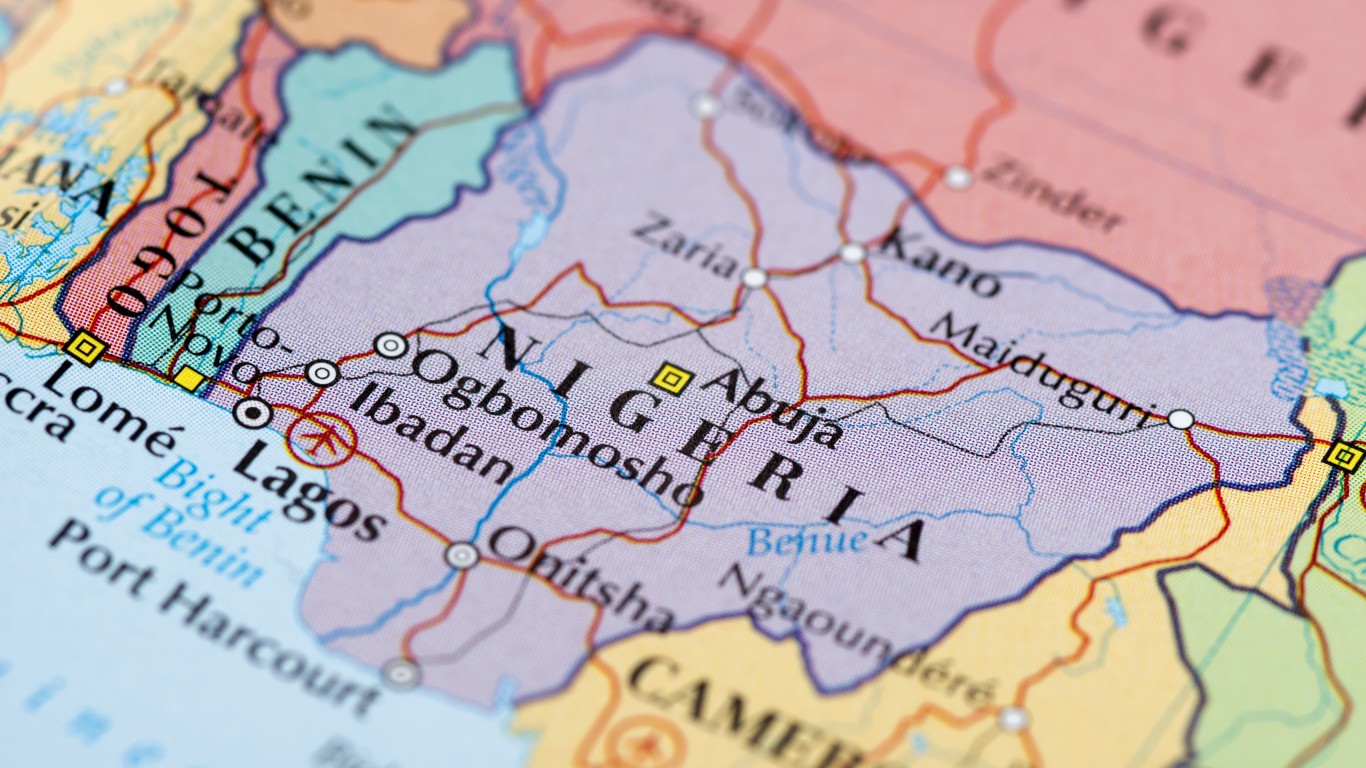
11. Nigeria
> Joined: Oct. 1, 1960
> Population: 21,140,070
> System of government: Federal presidential republic
[in-text-ad]
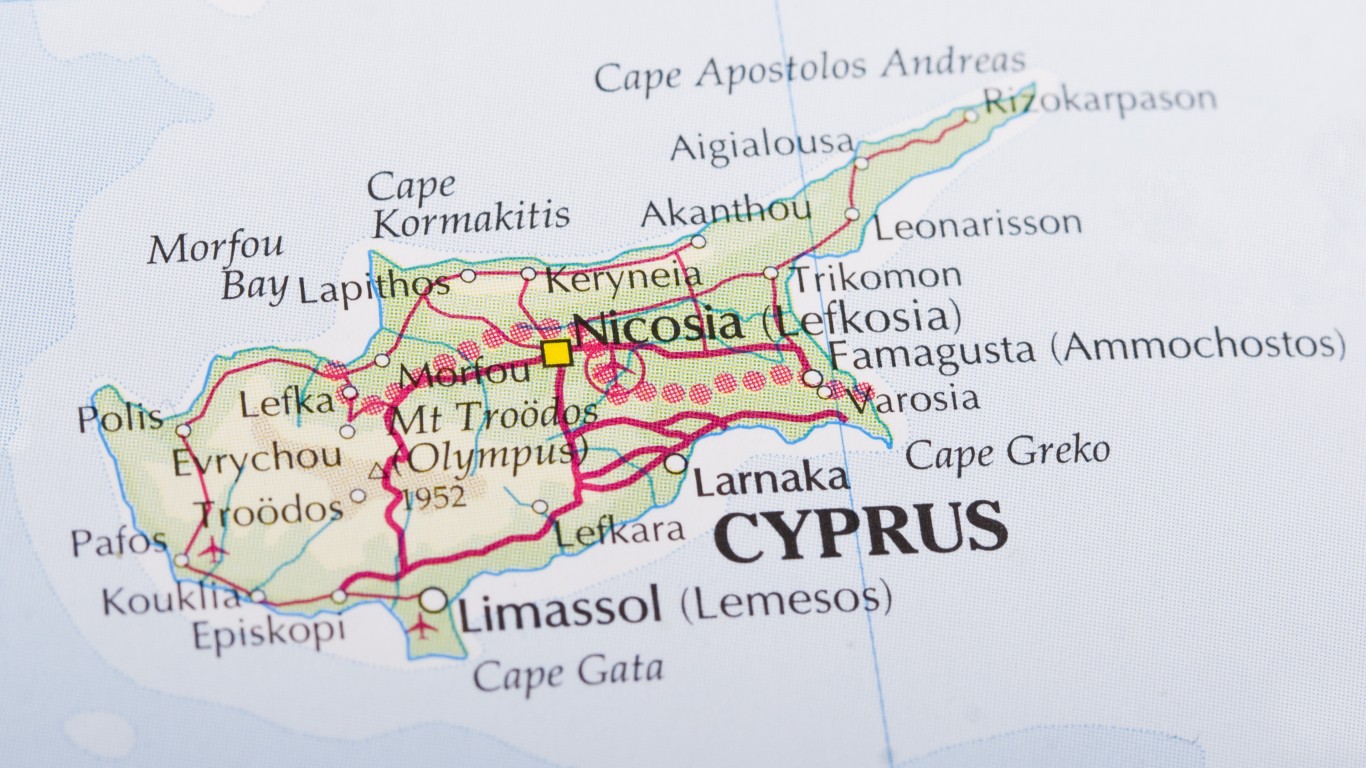
12. Cyprus
> Joined: March 13, 1961
> Population: 1,215,590
> System of government: Unitary presidential republic
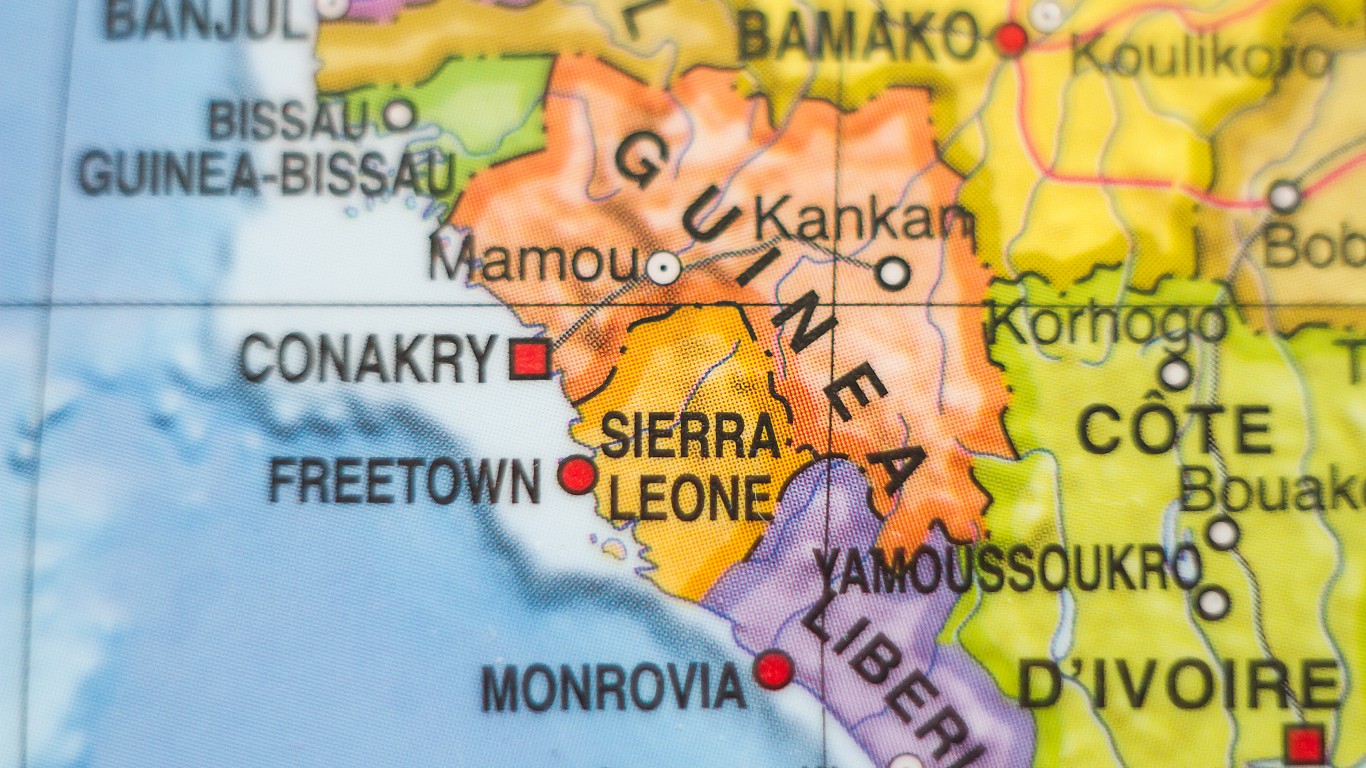
13. Sierra Leone
> Joined: April 27, 1961
> Population: 8,141,340
> System of government: Unitary presidential republic
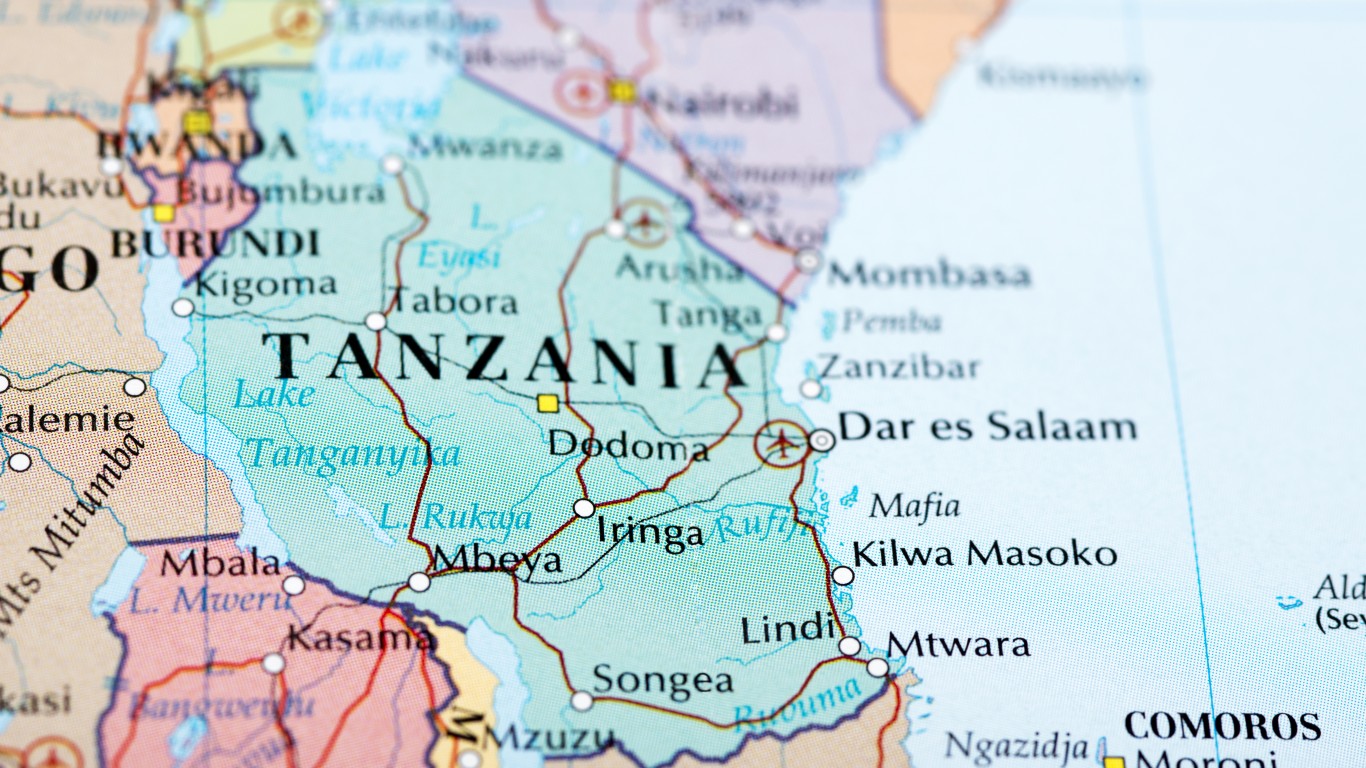
14. Tanzania
> Joined: Dec. 9, 1961
> Population: 61,498,440
> System of government: Unitary presidential republic
[in-text-ad-2]
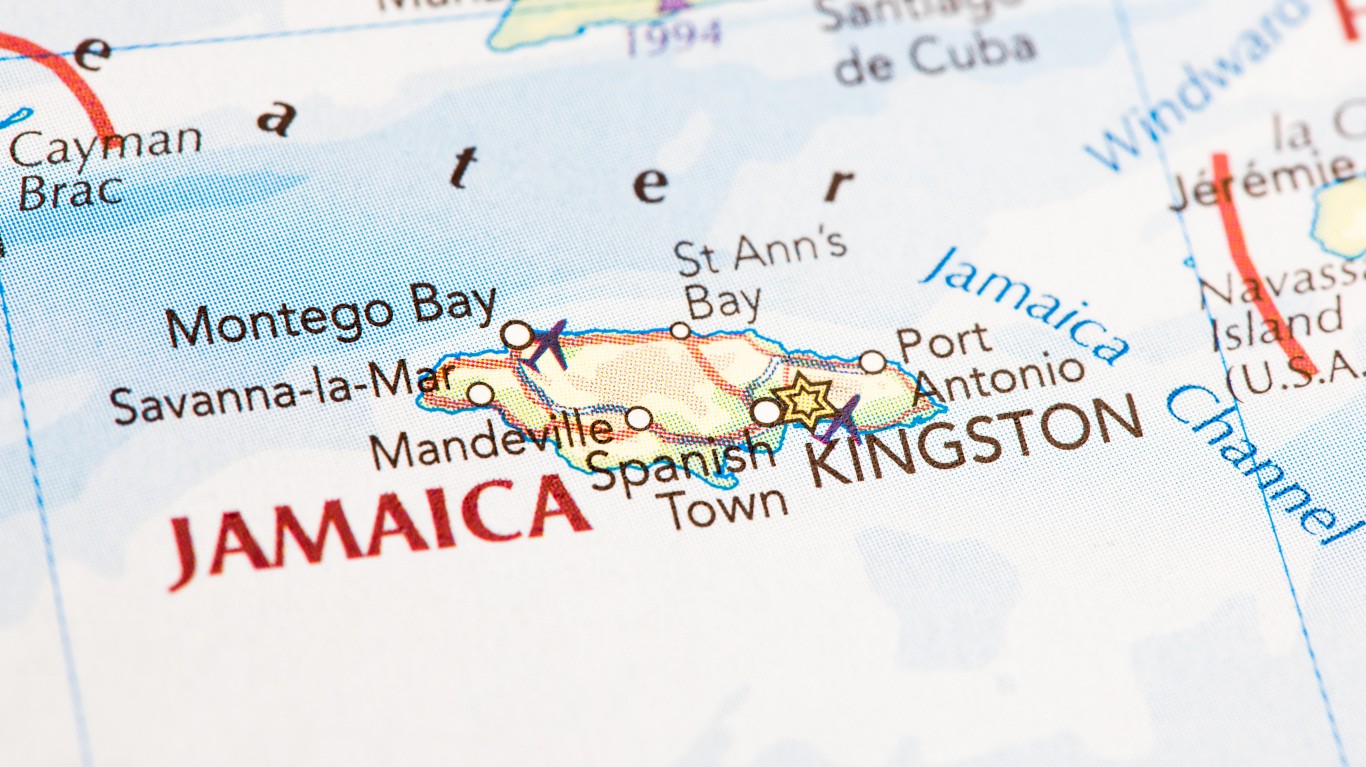
15. Jamaica
> Joined: Aug. 6, 1962
> Population: 2,973,460
> System of government: Unitary Commonwealth realm
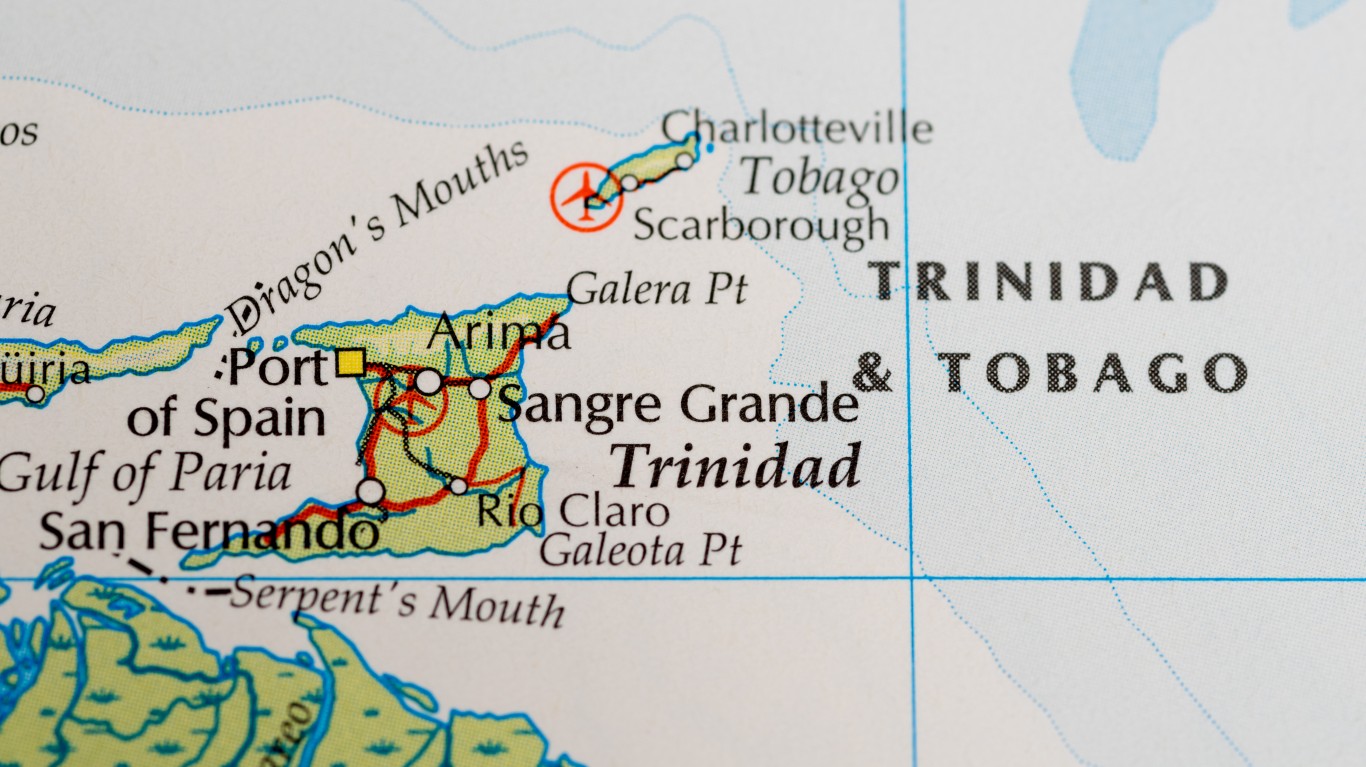
16. Trinidad and Tobago
> Joined: Aug. 31, 1962
> Population: 1,403,370
> System of government: Unitary Westminster republic
[in-text-ad]
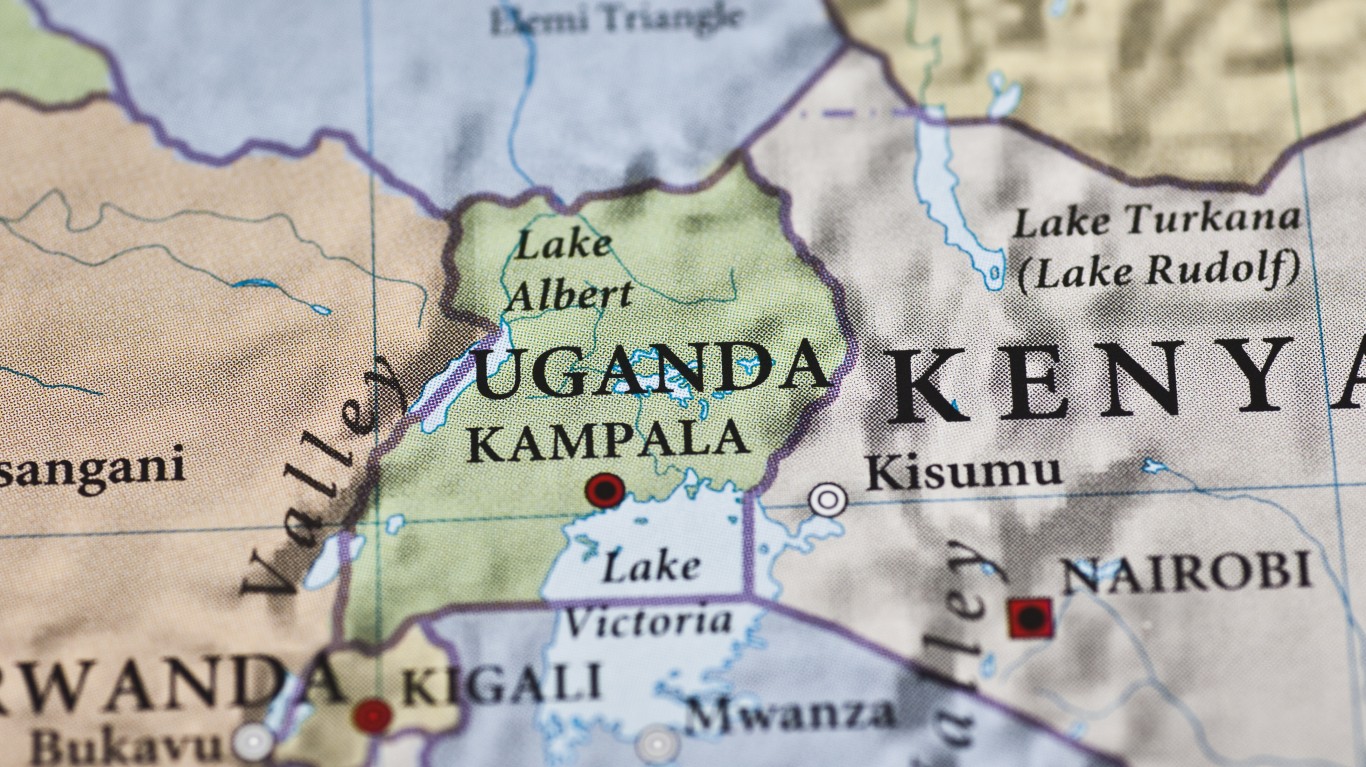
17. Uganda
> Joined: Oct. 9, 1962
> Population: 47,123,530
> System of government: Unitary presidential republic
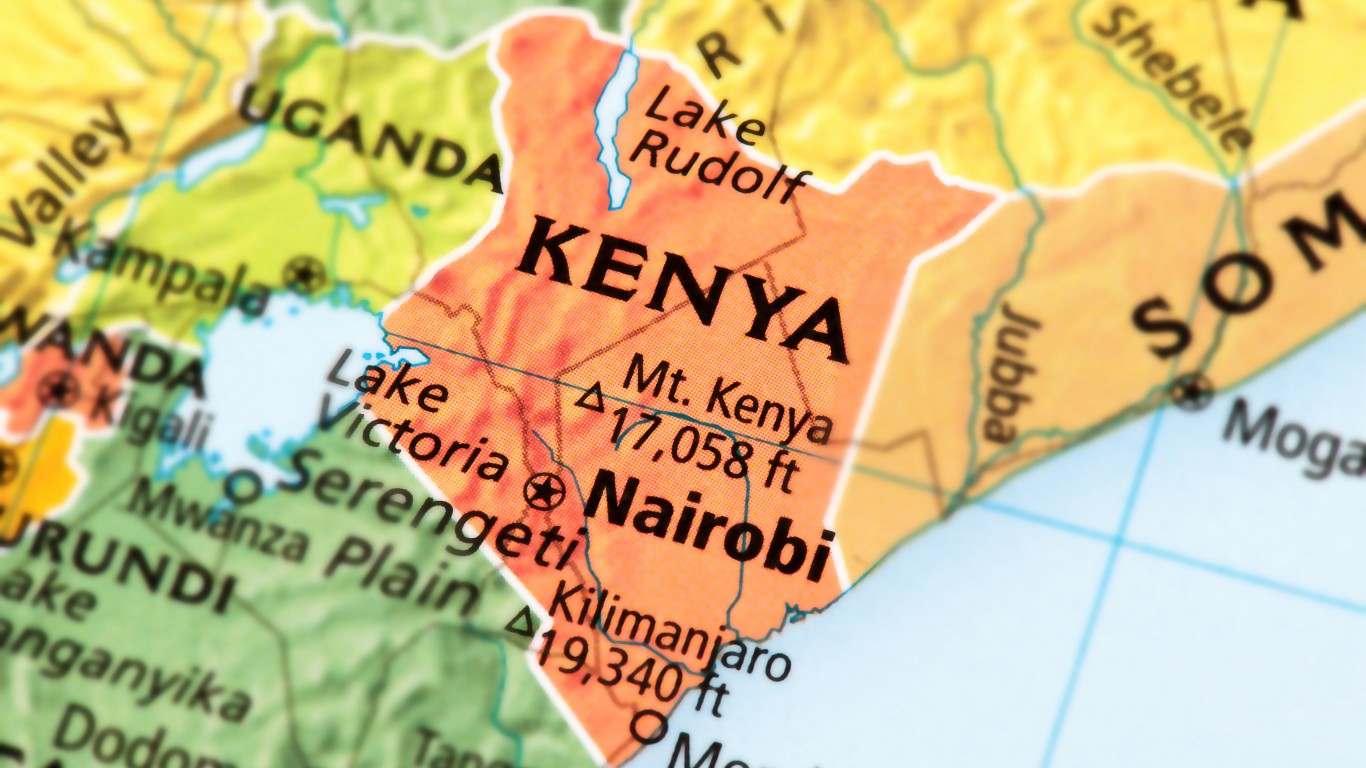
18. Kenya
> Joined: Dec. 12, 1963
> Population: 5,498,570
> System of government: Unitary presidential republic
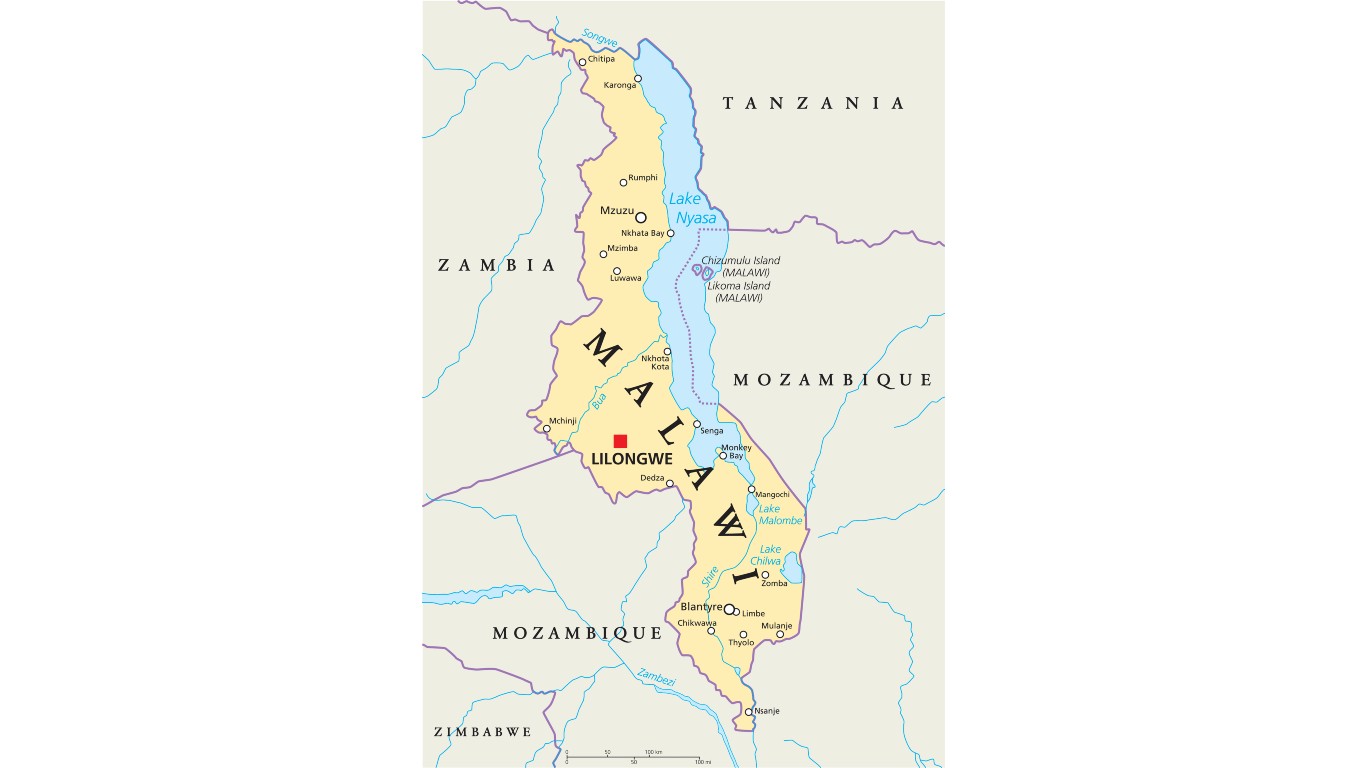
19. Malawi
> Joined: July 6, 1964
> Population: 19,647,680
> System of government: Unitary presidential republic
[in-text-ad-2]
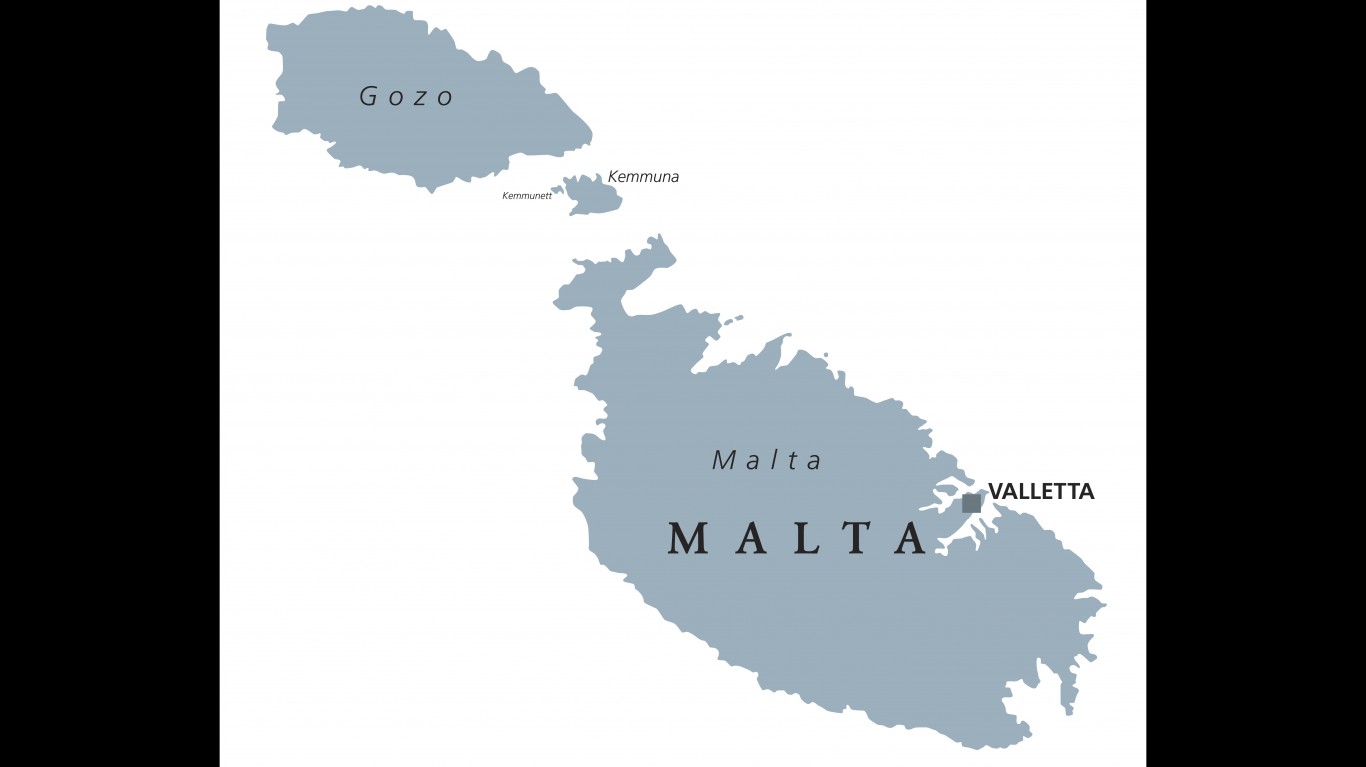
20. Malta
> Joined: Sep. 21, 1964
> Population: 516,870
> System of government: Unitary Westminster republic
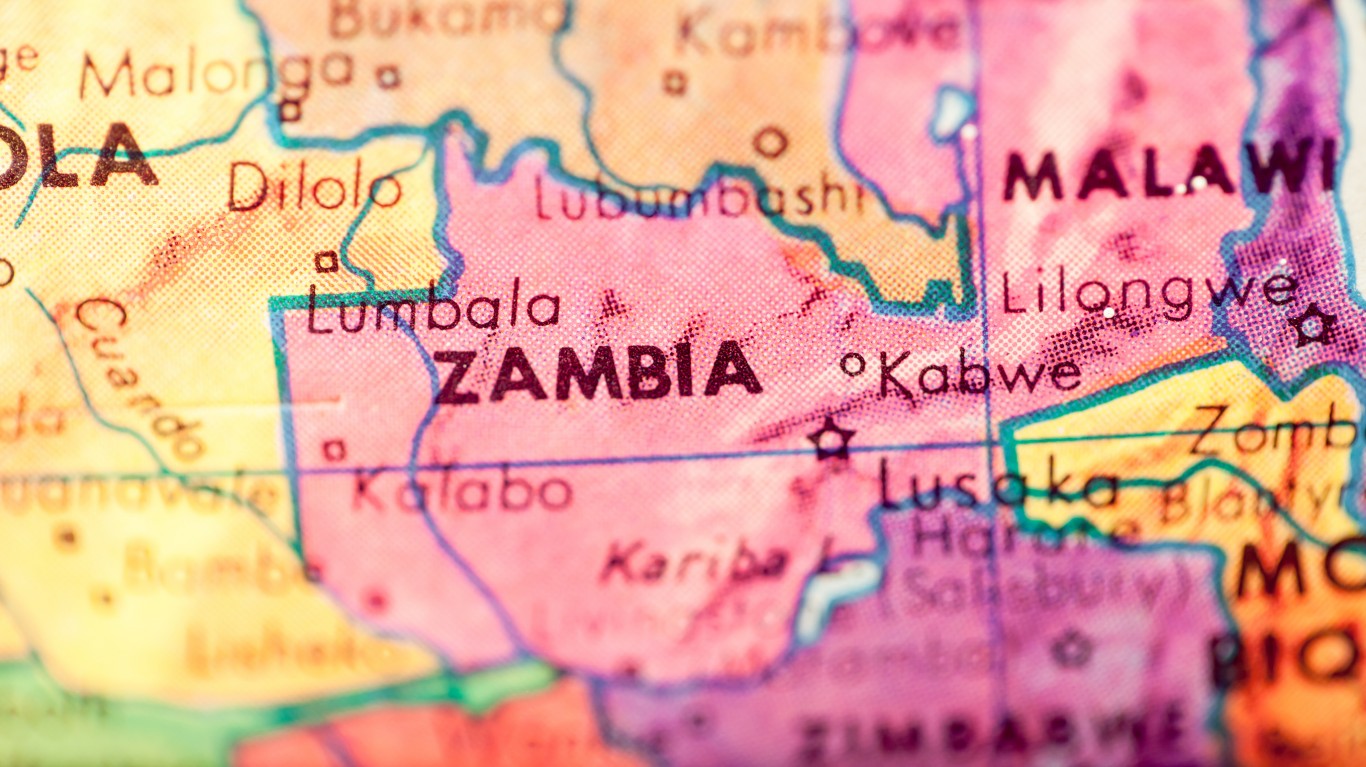
21. Zambia
> Joined: Oct. 24, 1964
> Population: 18,920,660
> System of government: Unitary presidential republic
[in-text-ad]
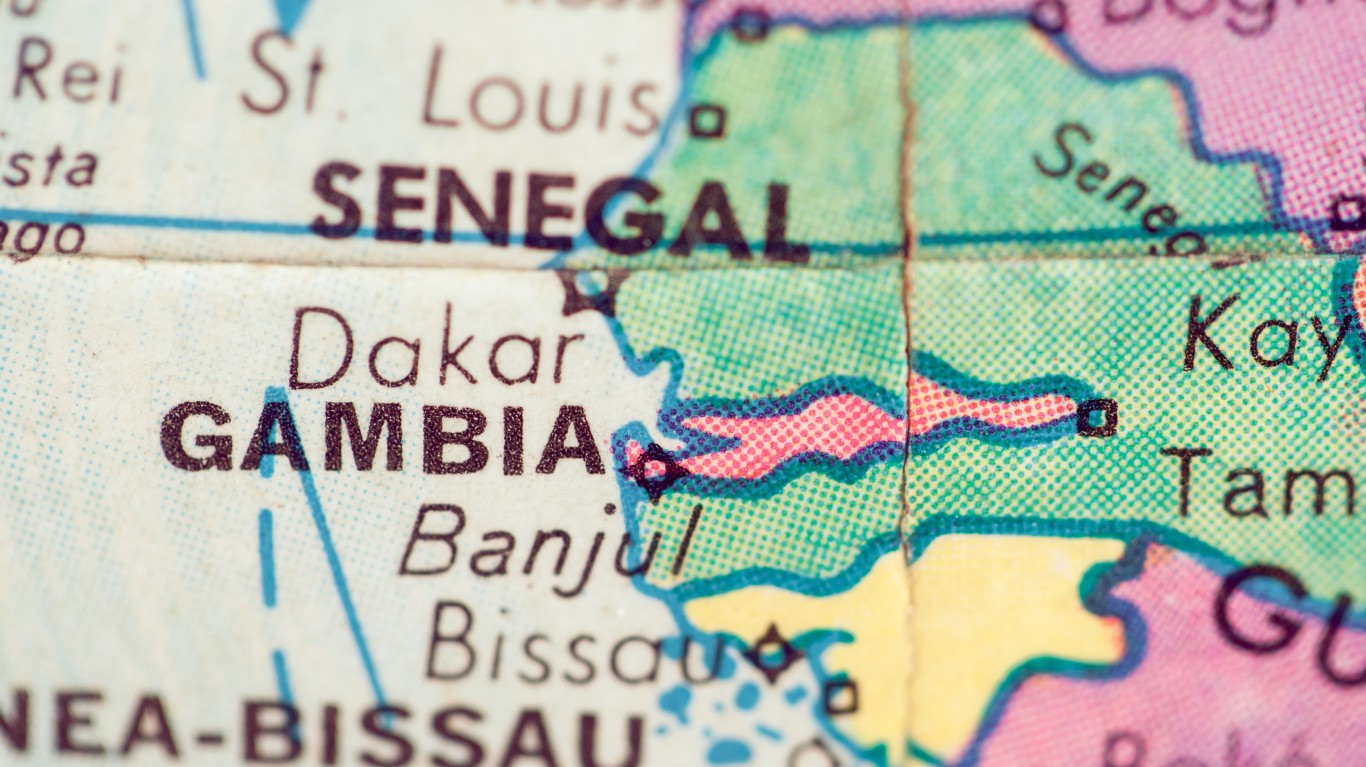
22. Gambia
> Joined: Feb. 18, 1965
> Population: 2,486,940
> System of government: Unitary presidential republic
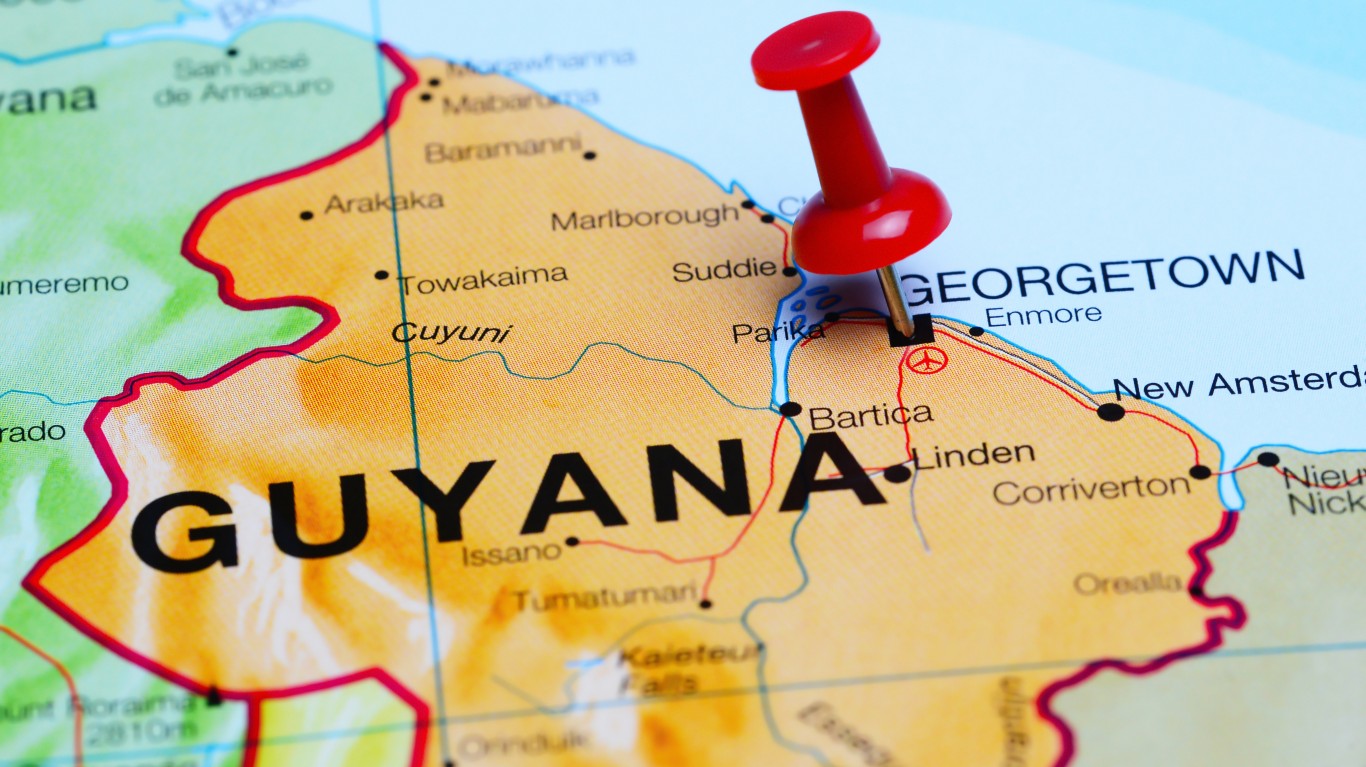
23. Guyana
> Joined: May 26, 1966
> Population: 790,330
> System of government: Unitary presidential republic
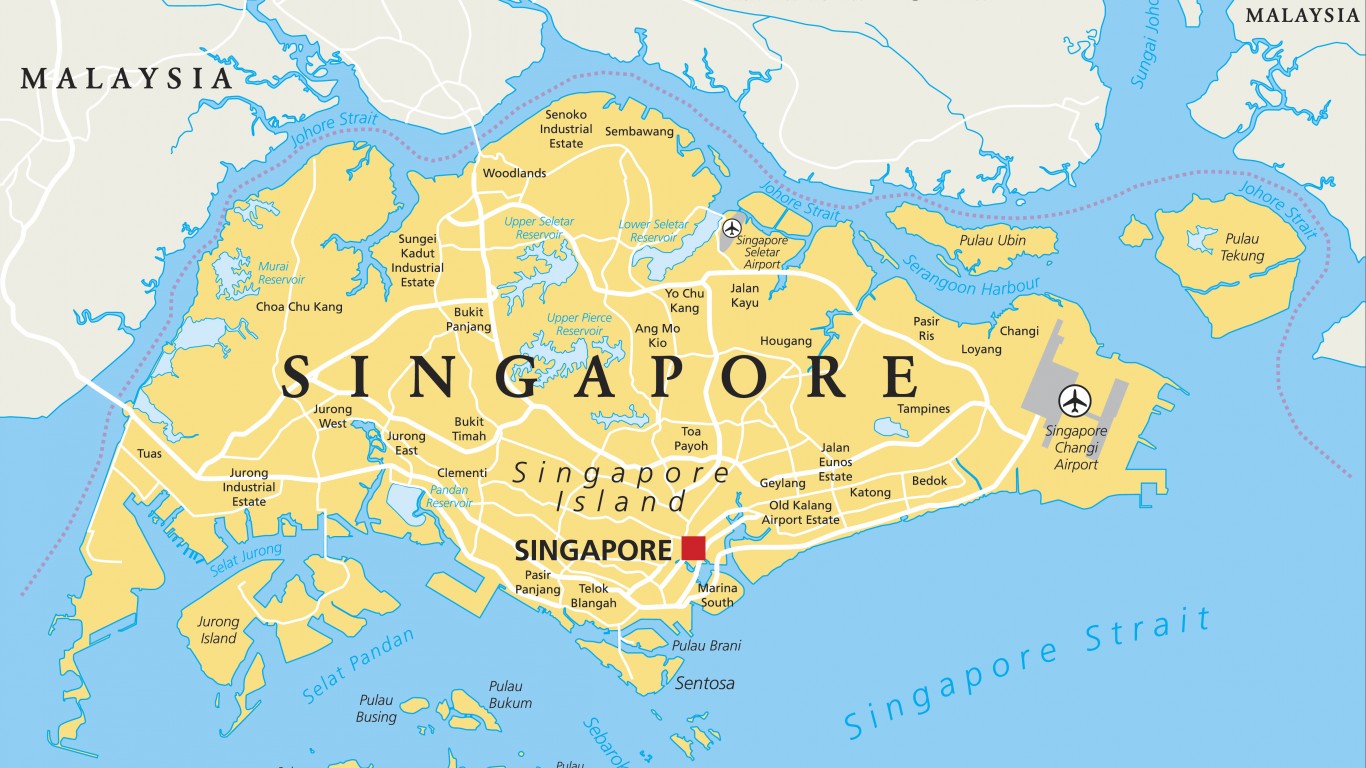
24. Singapore
> Joined: Aug. 9, 1966
> Population: 5,453,570
> System of government: Unitary Westminster republic
[in-text-ad-2]
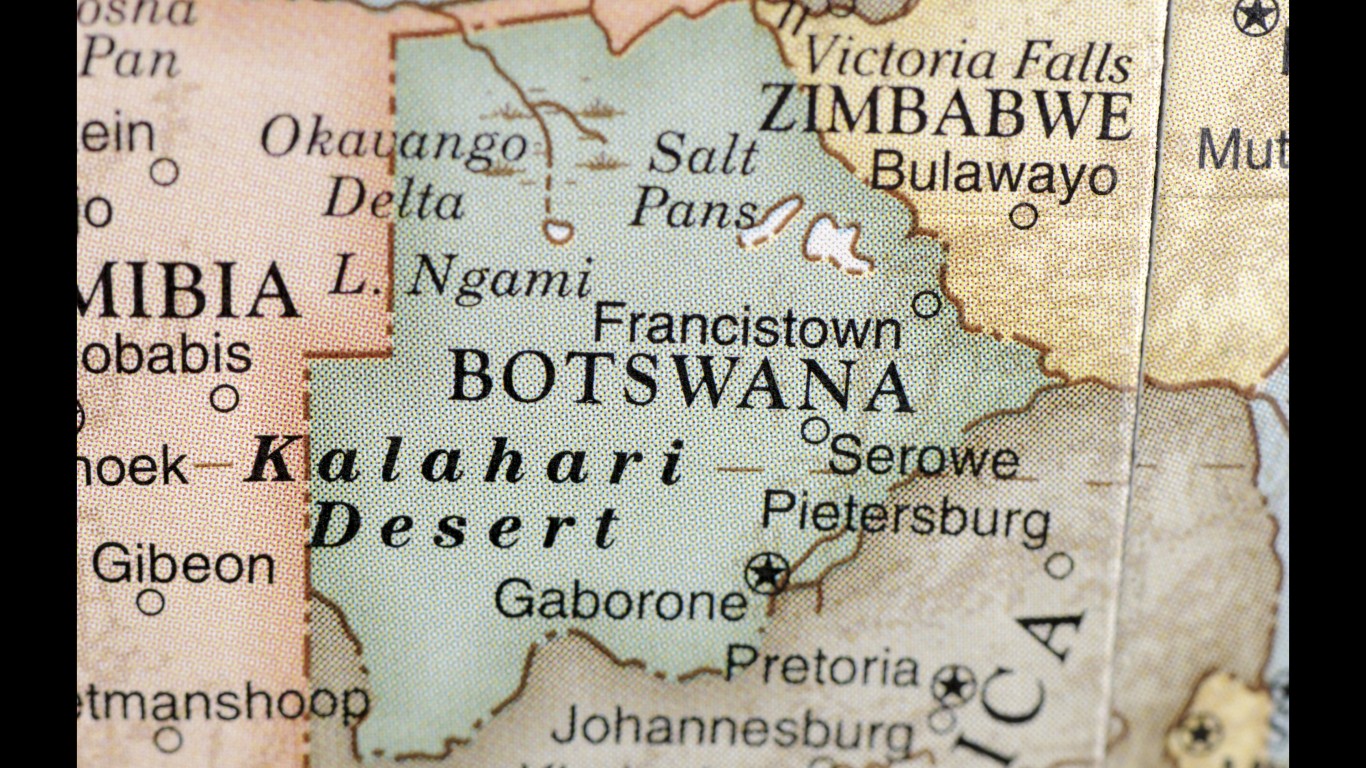
25. Botswana
> Joined: Sep. 30, 1966
> Population: 2,397,240
> System of government: Unitary parliamentary republic with an executive presidency
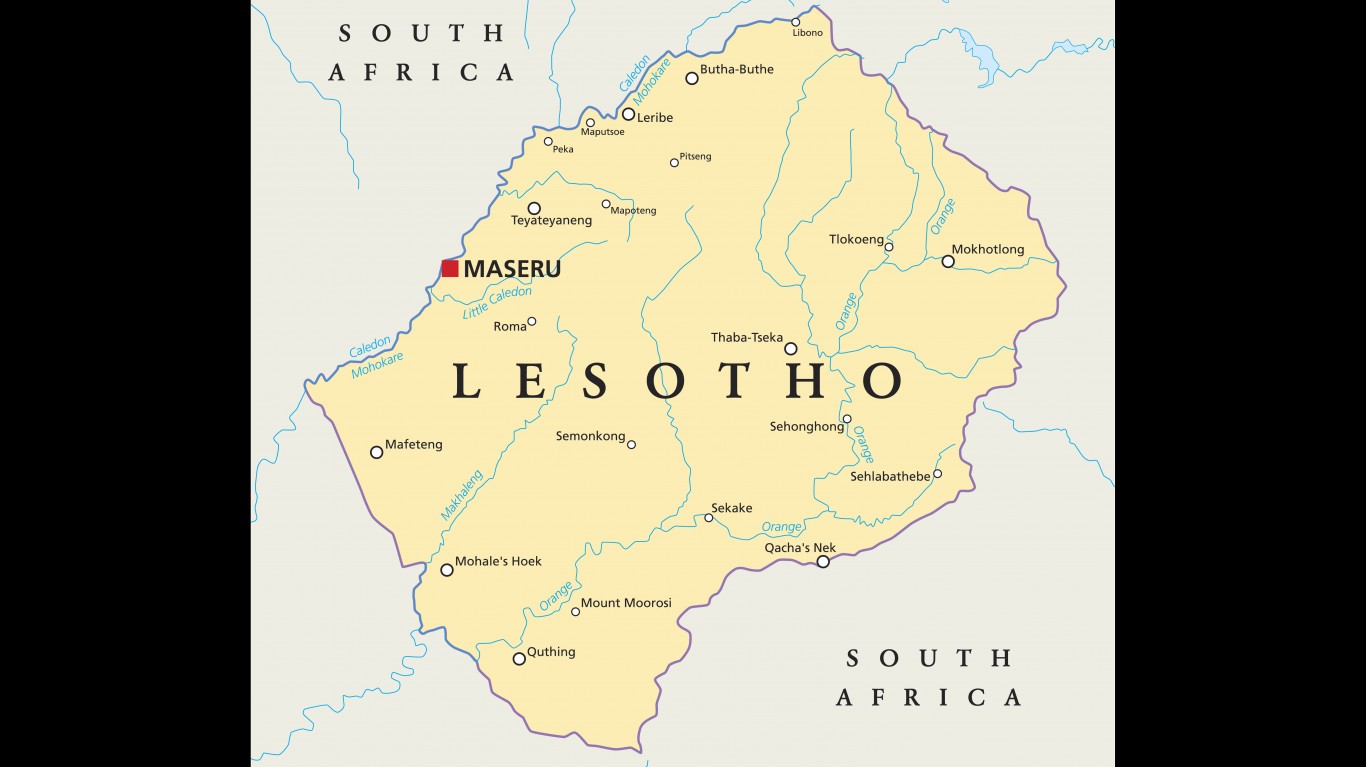
26. Lesotho
> Joined: Oct. 4, 1966
> Population: 2,159,070
> System of government: Unitary Westminster monarchy
[in-text-ad]
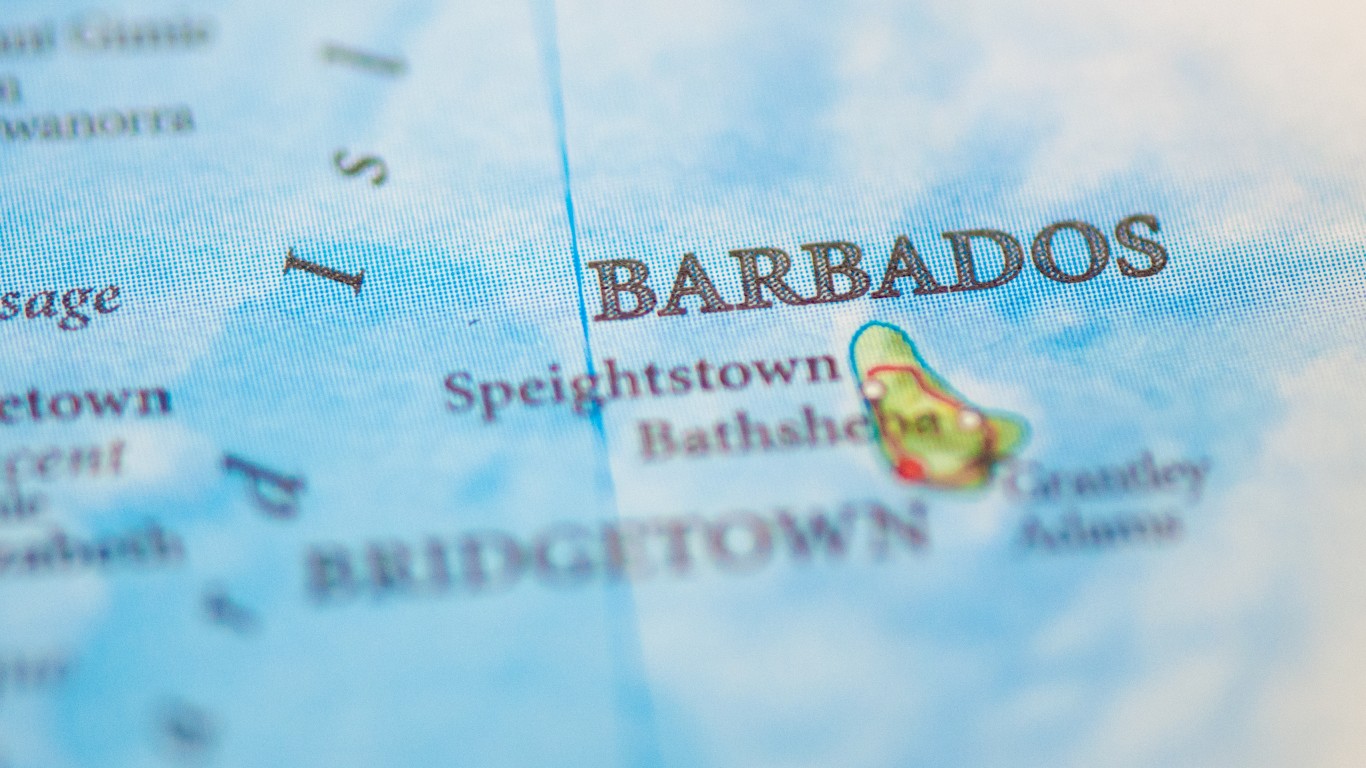
27. Barbados
> Joined: Nov. 30, 1966
> Population: 287,710
> System of government: Unitary Westminster republic
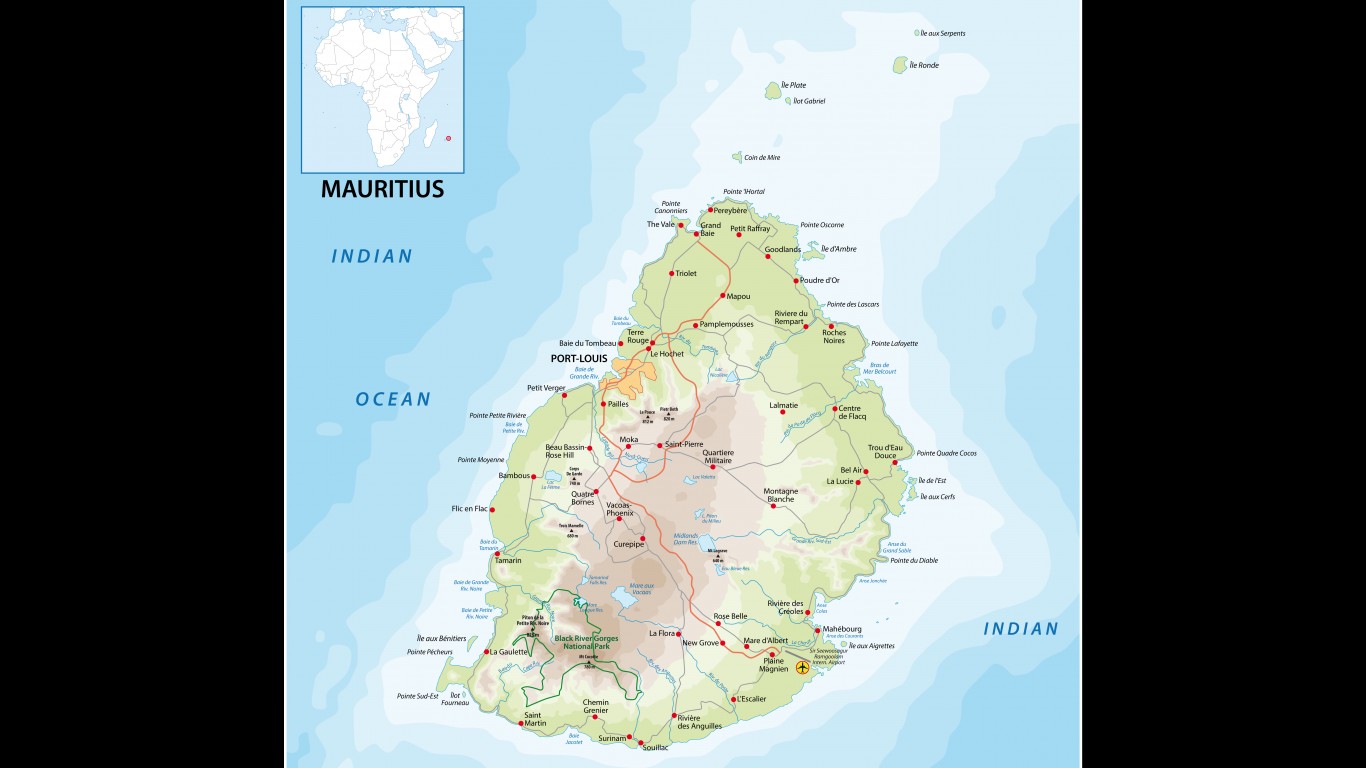
28. Mauritius
> Joined: March 12, 1968
> Population: 1,266,060
> System of government: Unitary Westminster republic
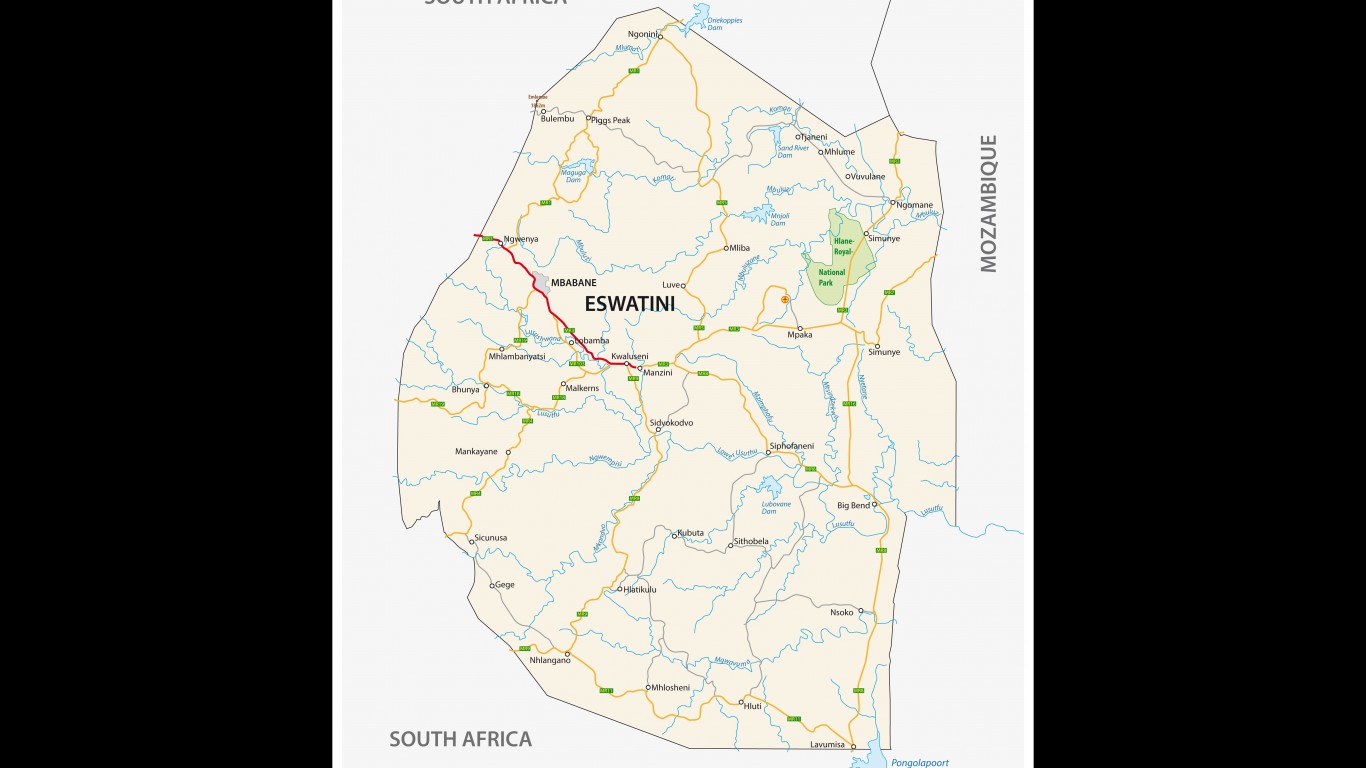
29. Eswatini
> Joined: Sep. 6, 1968
> Population: 1,172,370
> System of government: Unitary absolute monarchy
[in-text-ad-2]
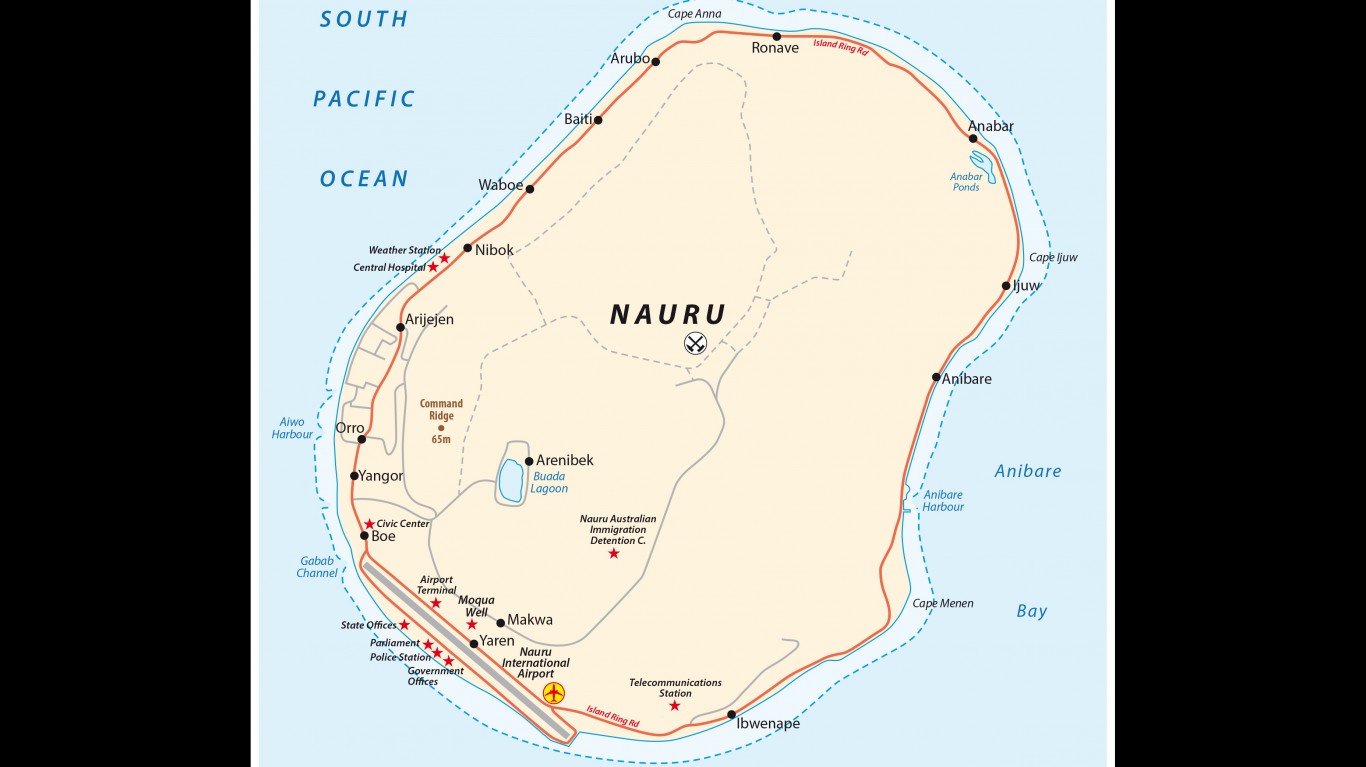
30. Nauru
> Joined: Nov. 1, 1968
> Population: 10,870
> System of government: Unitary parliamentary republic with an executive presidency
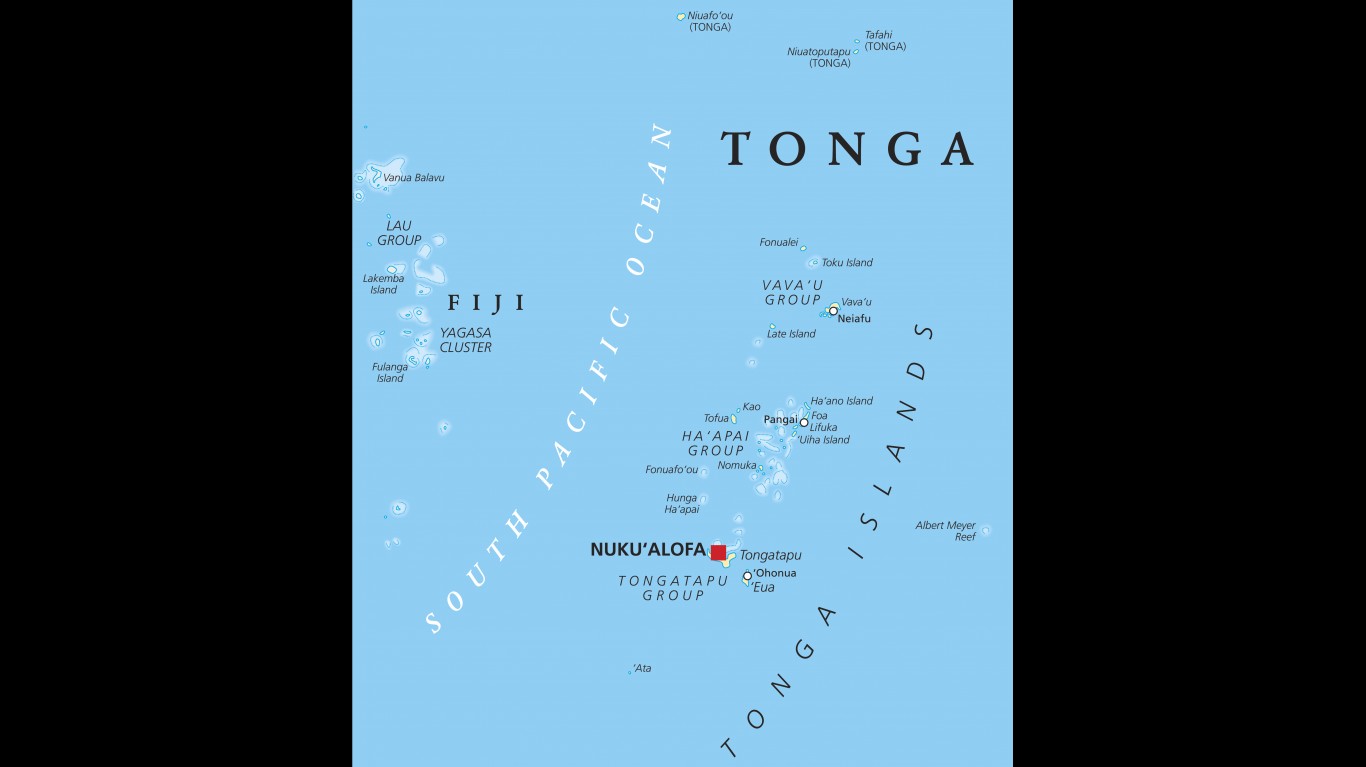
31. Tonga
> Joined: June 4, 1970
> Population: 106,760
> System of government: Unitary constitutional monarchy
[in-text-ad]

32. Samoa
> Joined: Aug. 28, 1970
> Population: 200,140
> System of government: Unitary Westminster republic
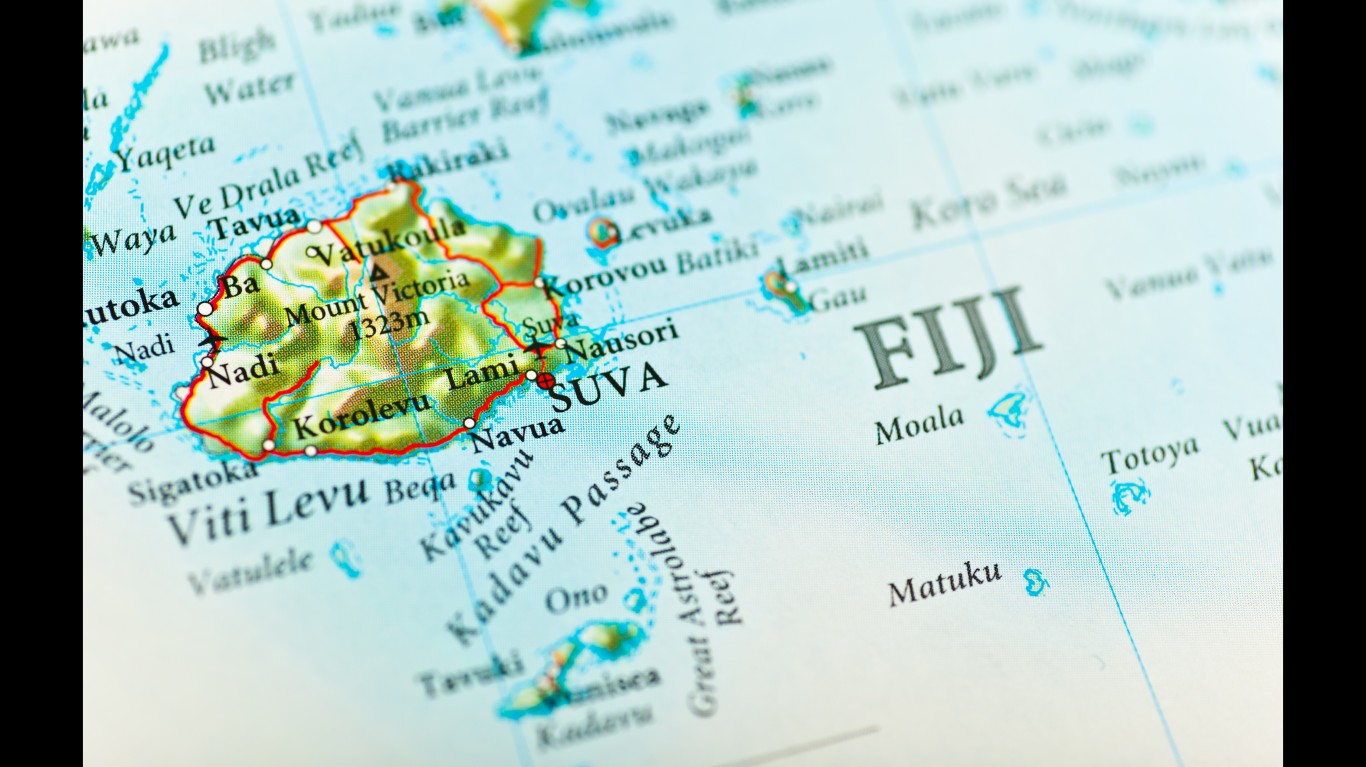
33. Fiji
> Joined: Oct. 10, 1970
> Population: 90,290
> System of government: Unitary Westminster republic
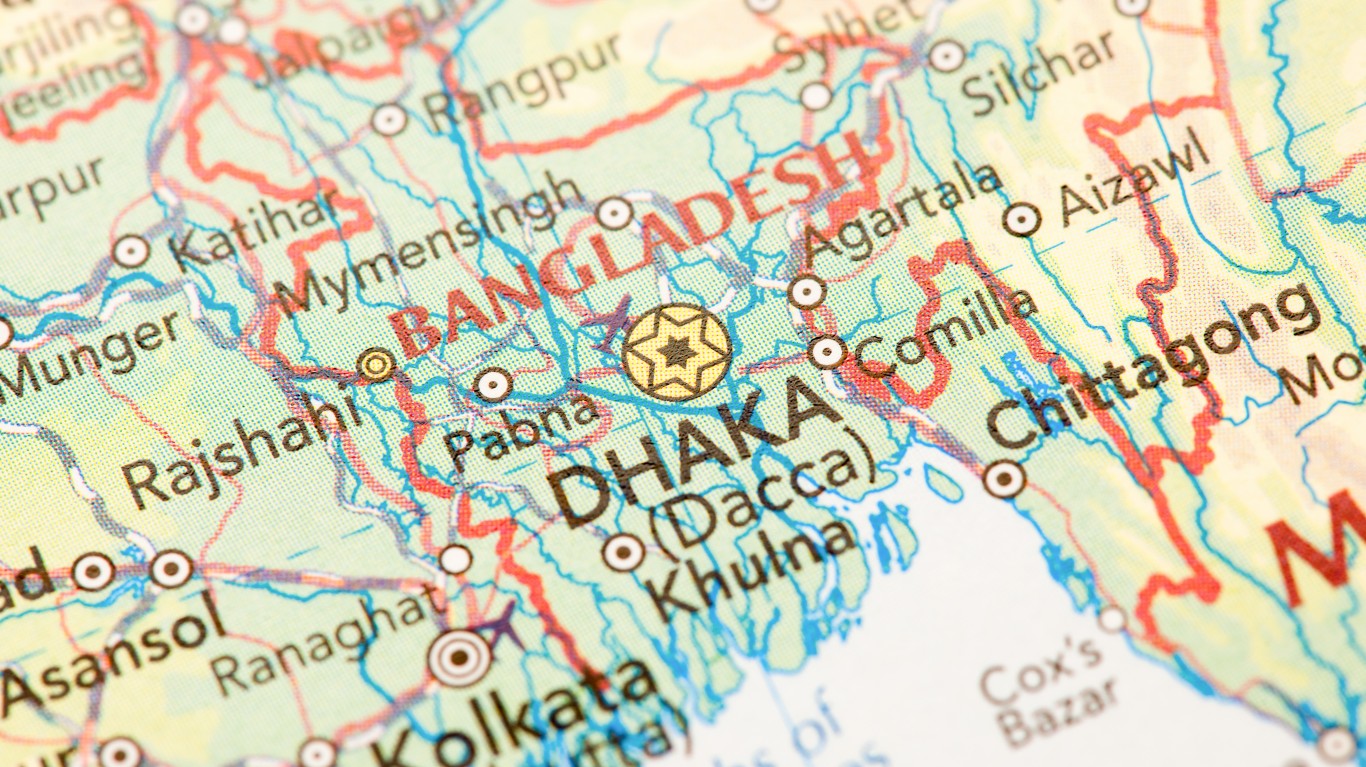
34. Bangladesh
> Joined: April 18, 1972
> Population: 166,303,490
> System of government: Unitary Westminster republic
[in-text-ad-2]
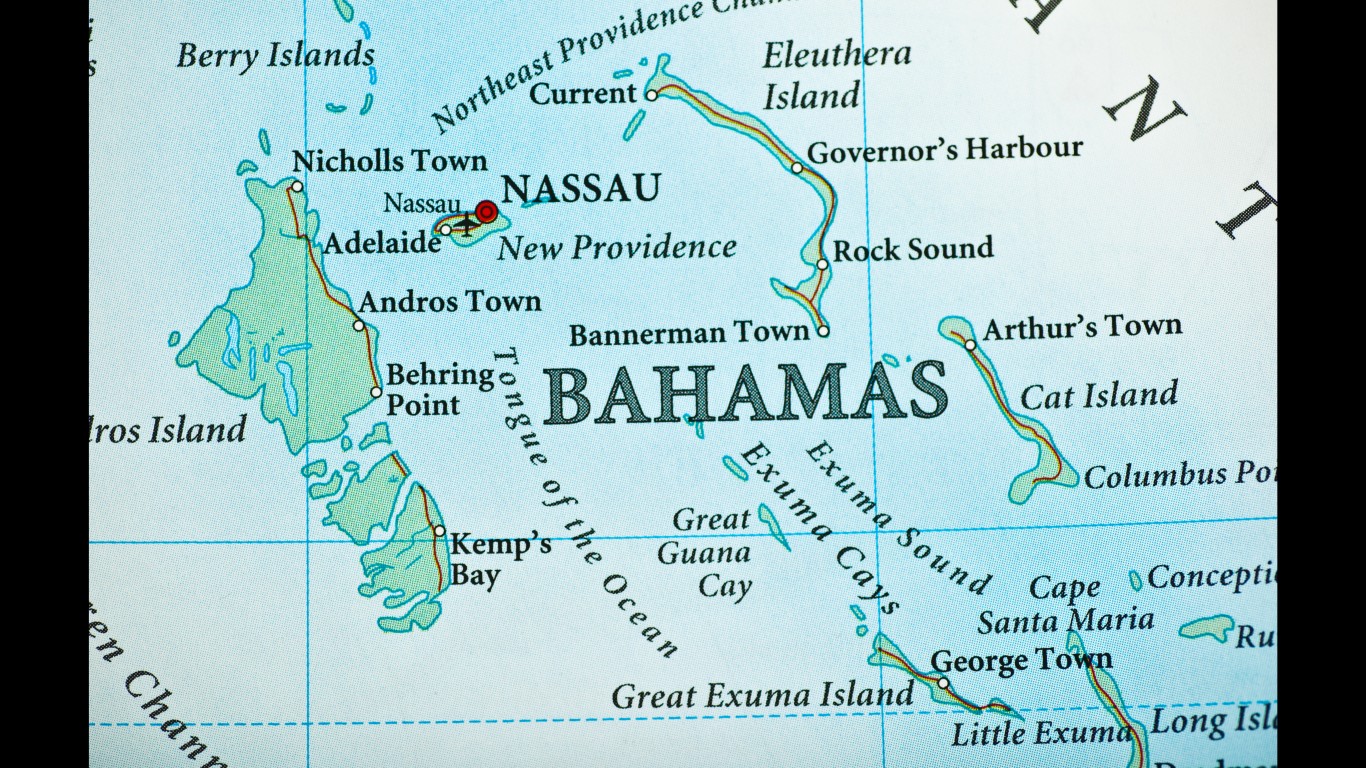
35. The Bahamas
> Joined: July 10, 1973
> Population: 396,910
> System of government: Unitary Commonwealth realm
36. Grenada
> Joined: Feb. 7, 1974
> Population: 113,020
> System of government: Unitary Commonwealth realm
[in-text-ad]
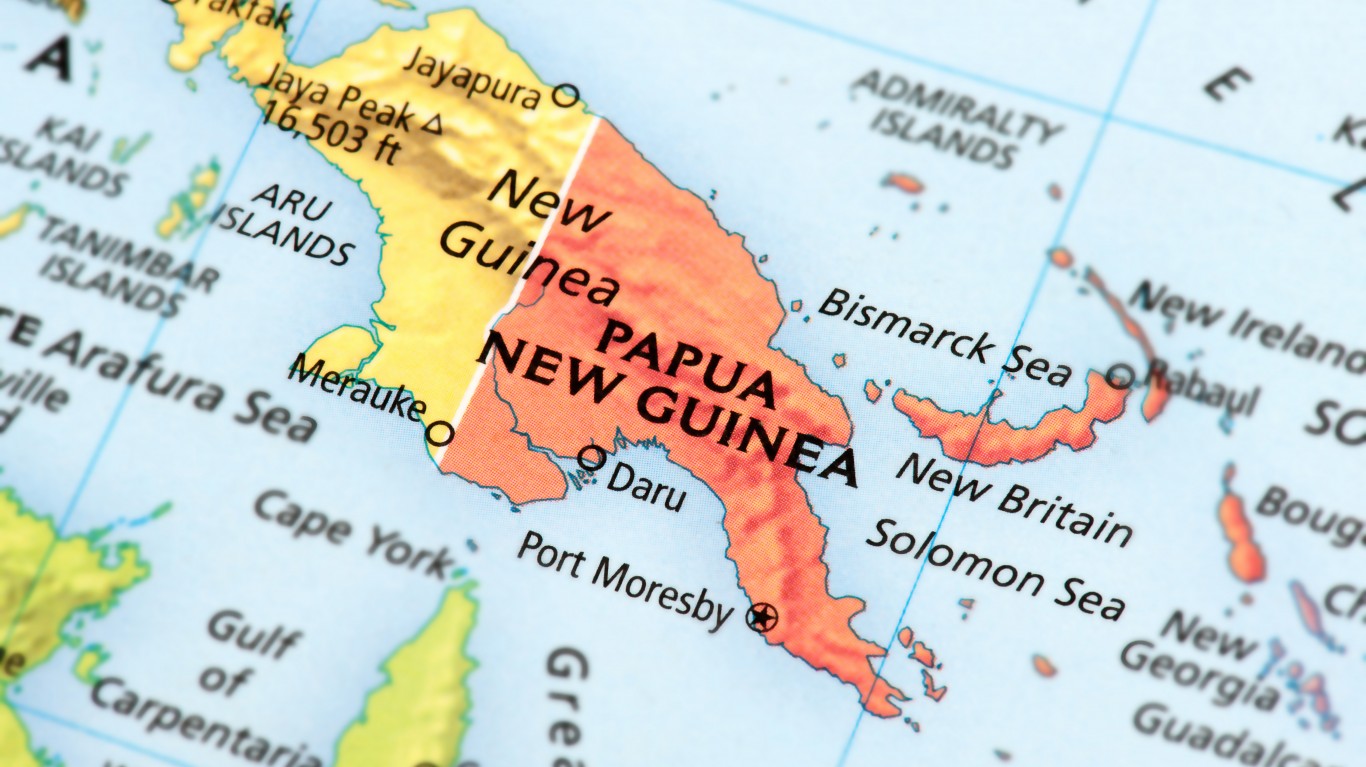
37. Papua New Guinea
> Joined: Sep. 16, 1975
> Population: 91,190
> System of government: Unitary Commonwealth realm
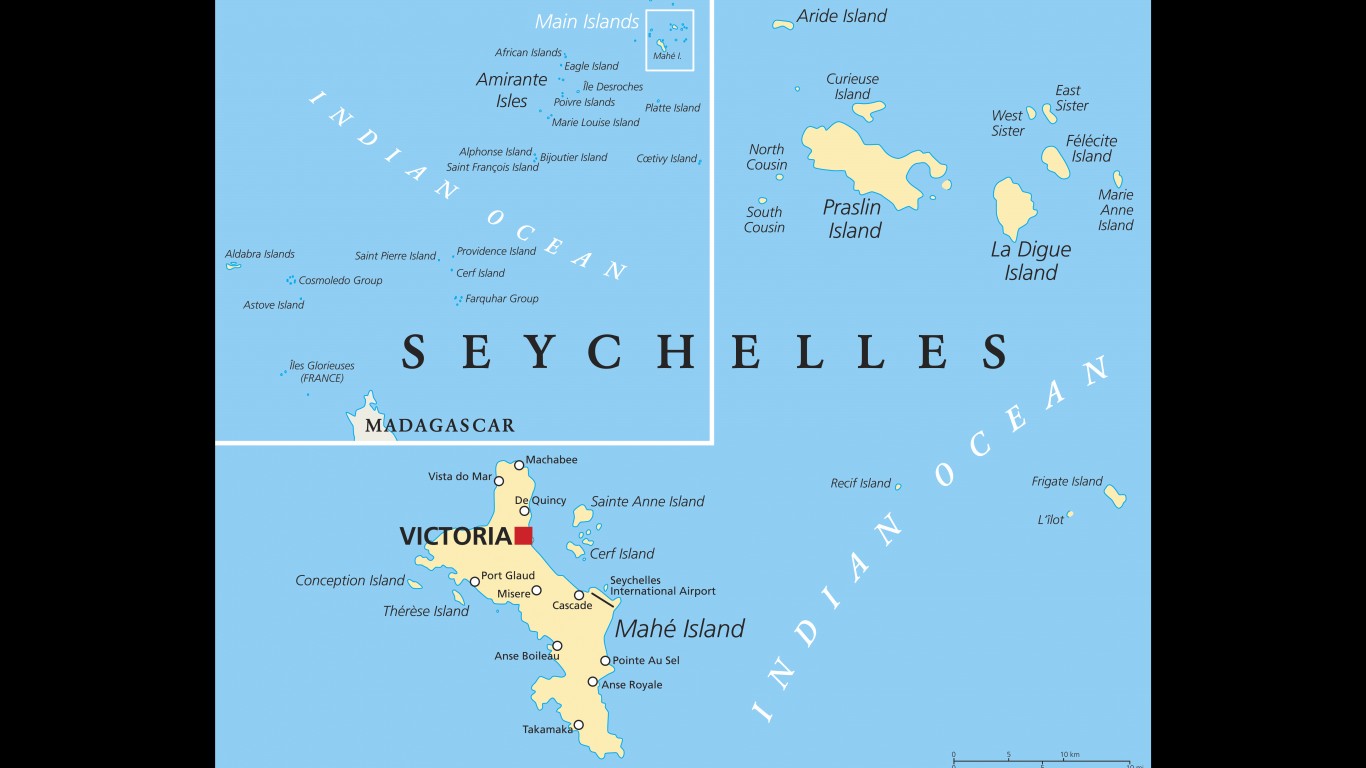
38. Seychelles
> Joined: June 29, 1976
> Population: 9,920
> System of government: Unitary presidential republic
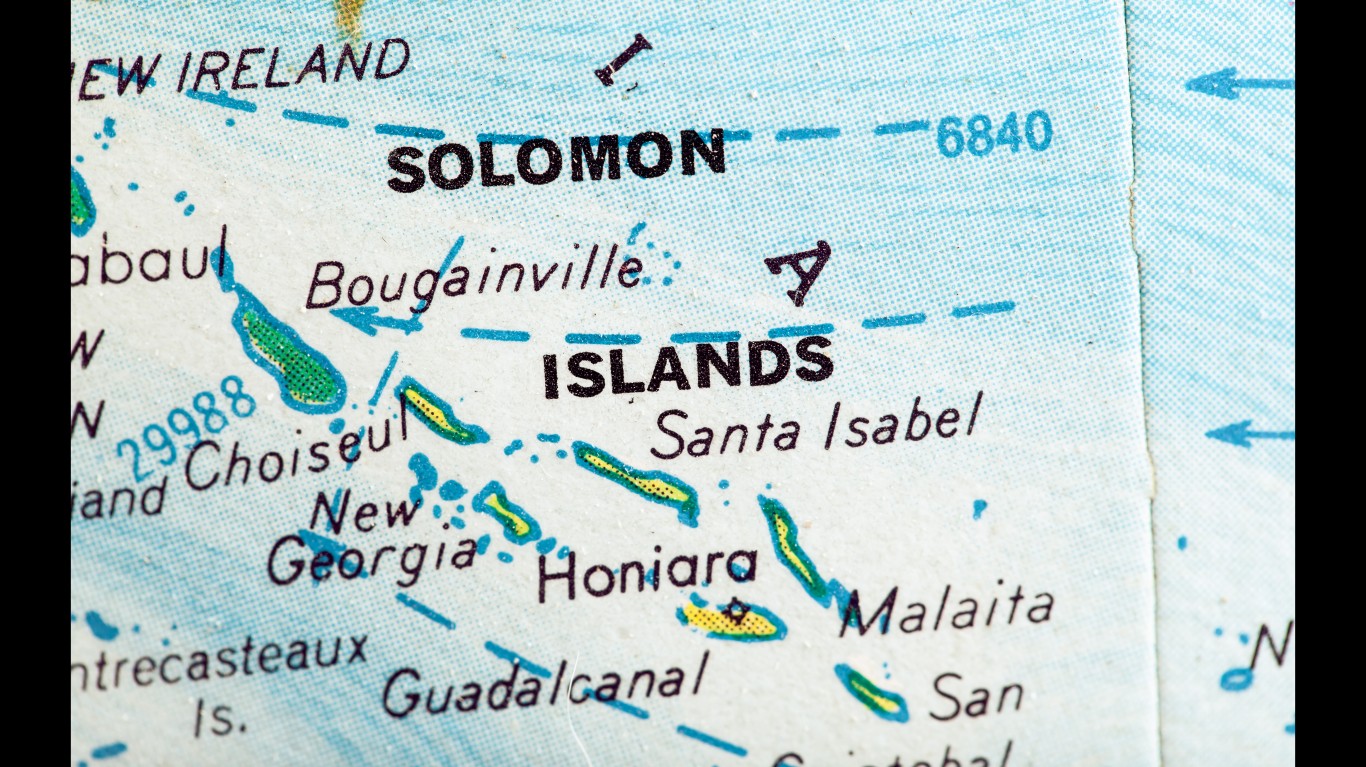
39. Solomon Islands
> Joined: July 7, 1978
> Population: 7,040
> System of government: Unitary Commonwealth realm
[in-text-ad-2]
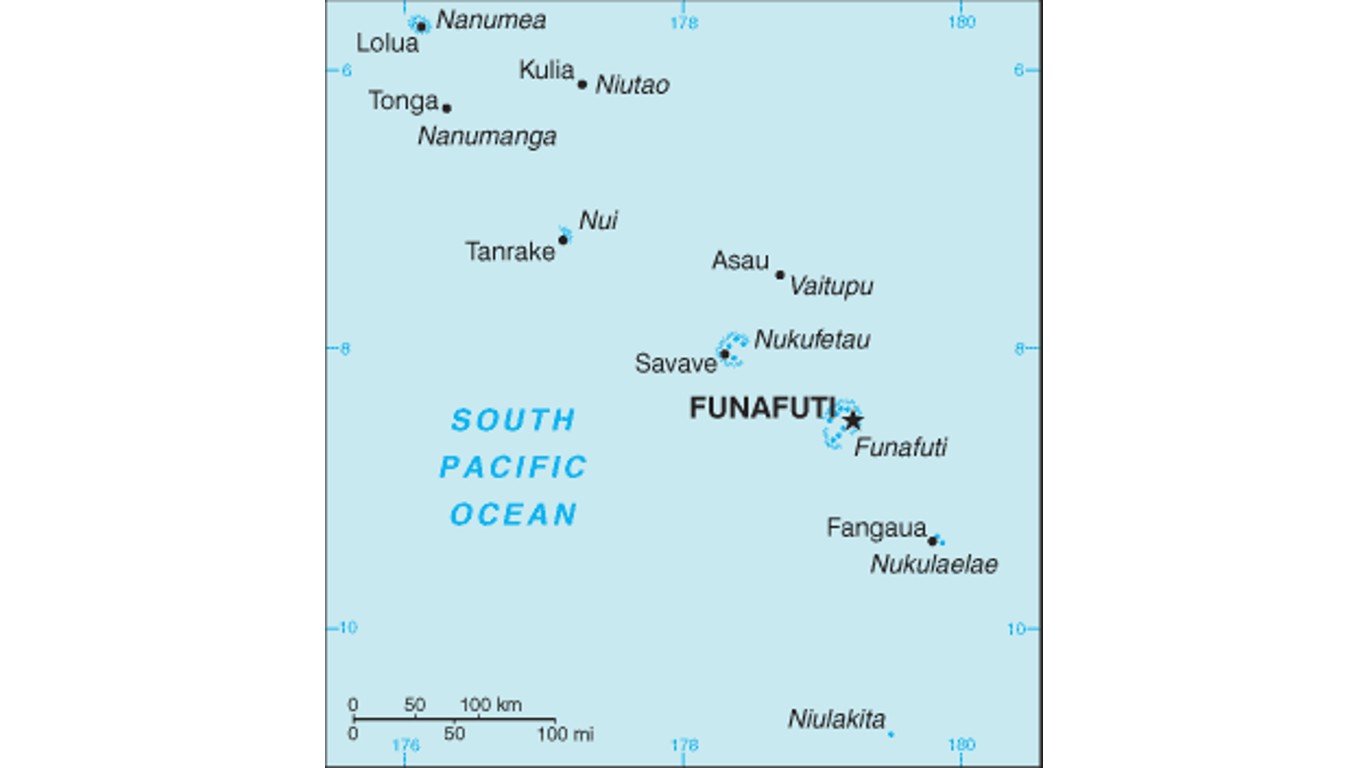
40. Tuvalu
> Joined: Oct. 1, 1978
> Population: 11,930
> System of government: Unitary Commonwealth realm
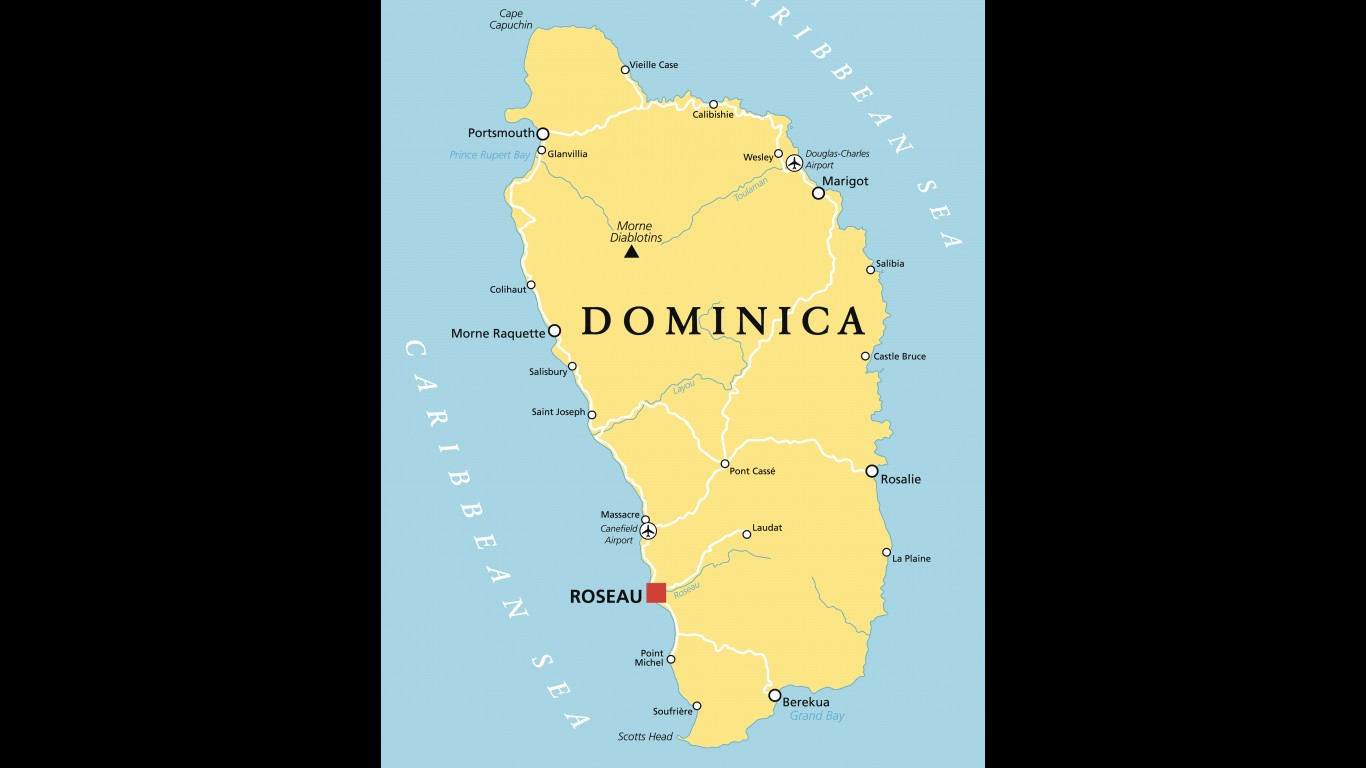
41. Dominica
> Joined: Nov. 3, 1978
> Population: 72,170
> System of government: Unitary Westminster republic
[in-text-ad]
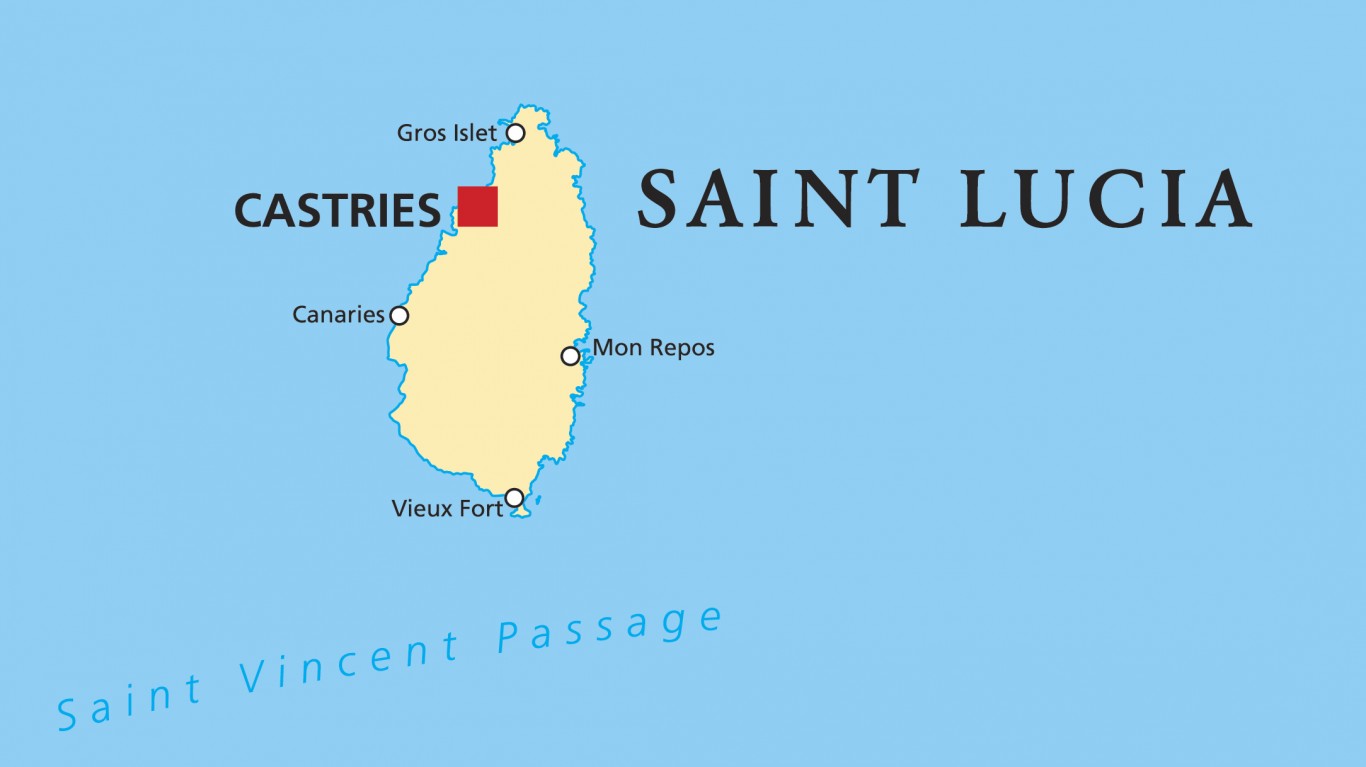
42. Saint Lucia
> Joined: Feb. 22, 1979
> Population: 18,440
> System of government: Unitary Commonwealth realm
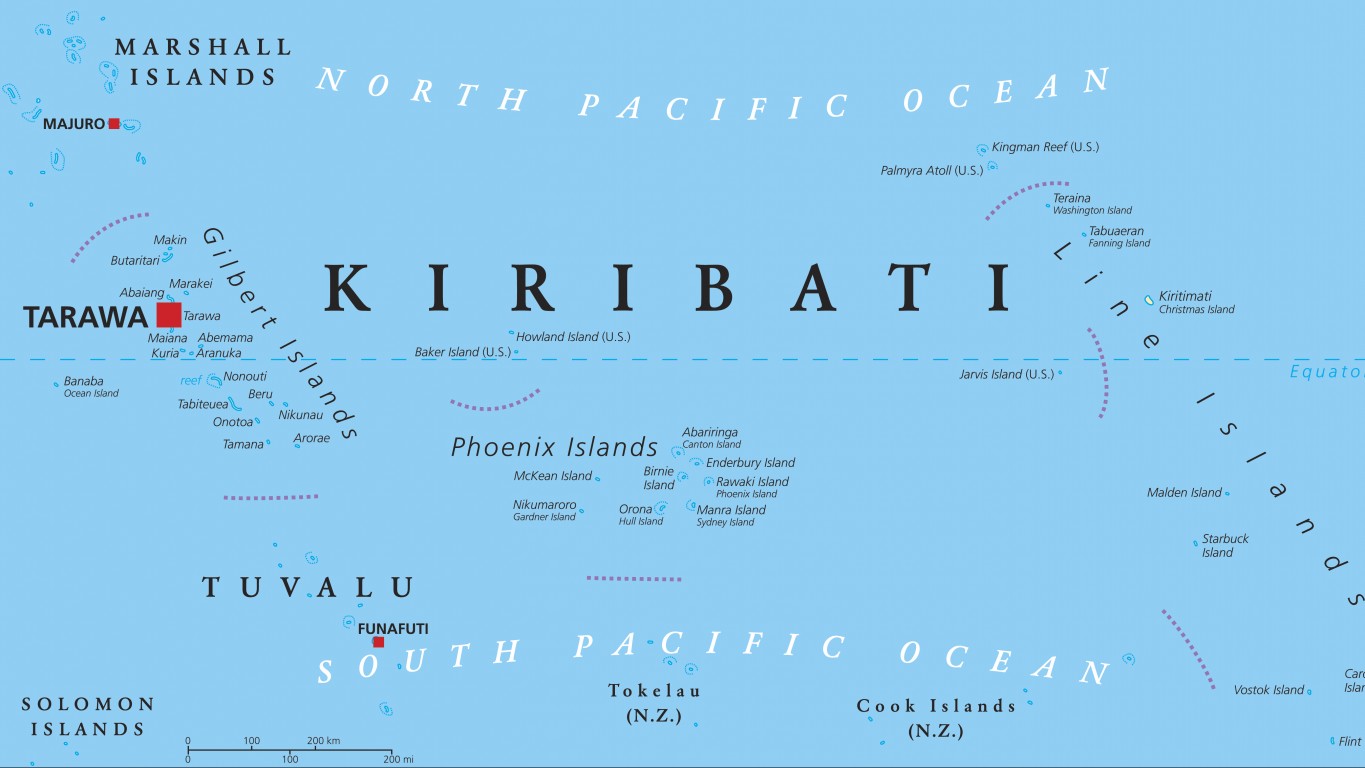
43. Kiribati
> Joined: July 12, 1979
> Population: 121,390
> System of government: Unitary parliamentary republic with an executive presidency

44. Saint Vincent and the Grenadines
> Joined: Oct. 27, 1979
> Population: 111,270
> System of government: Unitary Commonwealth realm
[in-text-ad-2]
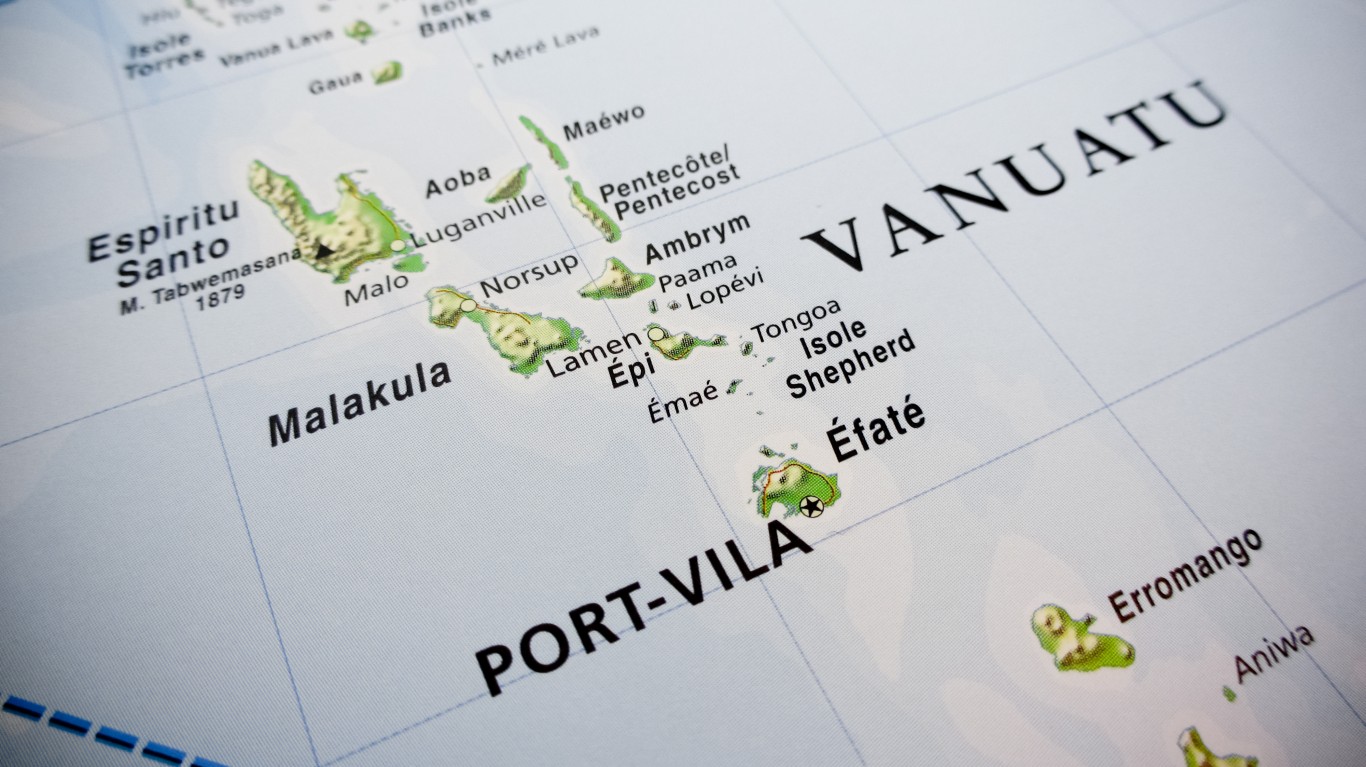
45. Vanuatu
> Joined: July 30, 1980
> Population: 314,460
> System of government: Unitary Westminster republic
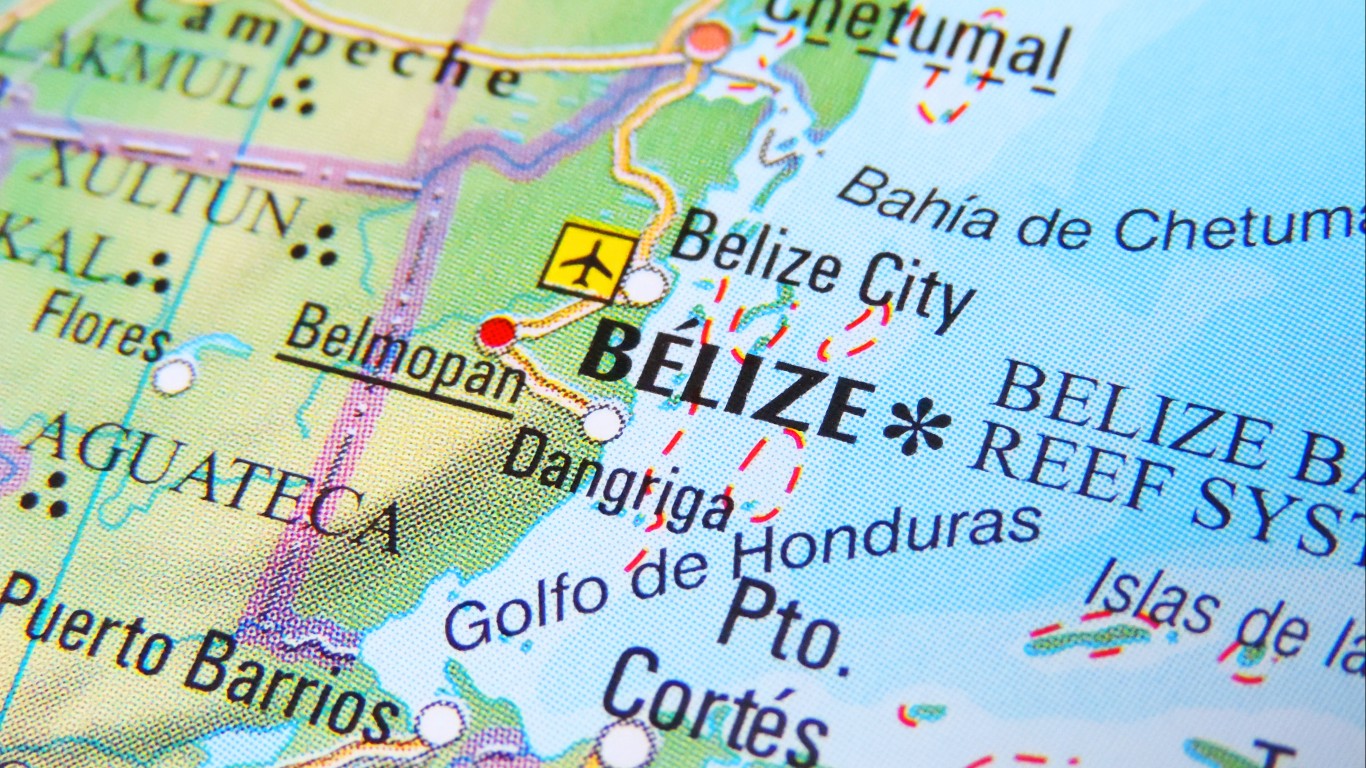
46. Belize
> Joined: Sep. 21, 1981
> Population: 404,920
> System of government: Unitary Commonwealth realm
[in-text-ad]
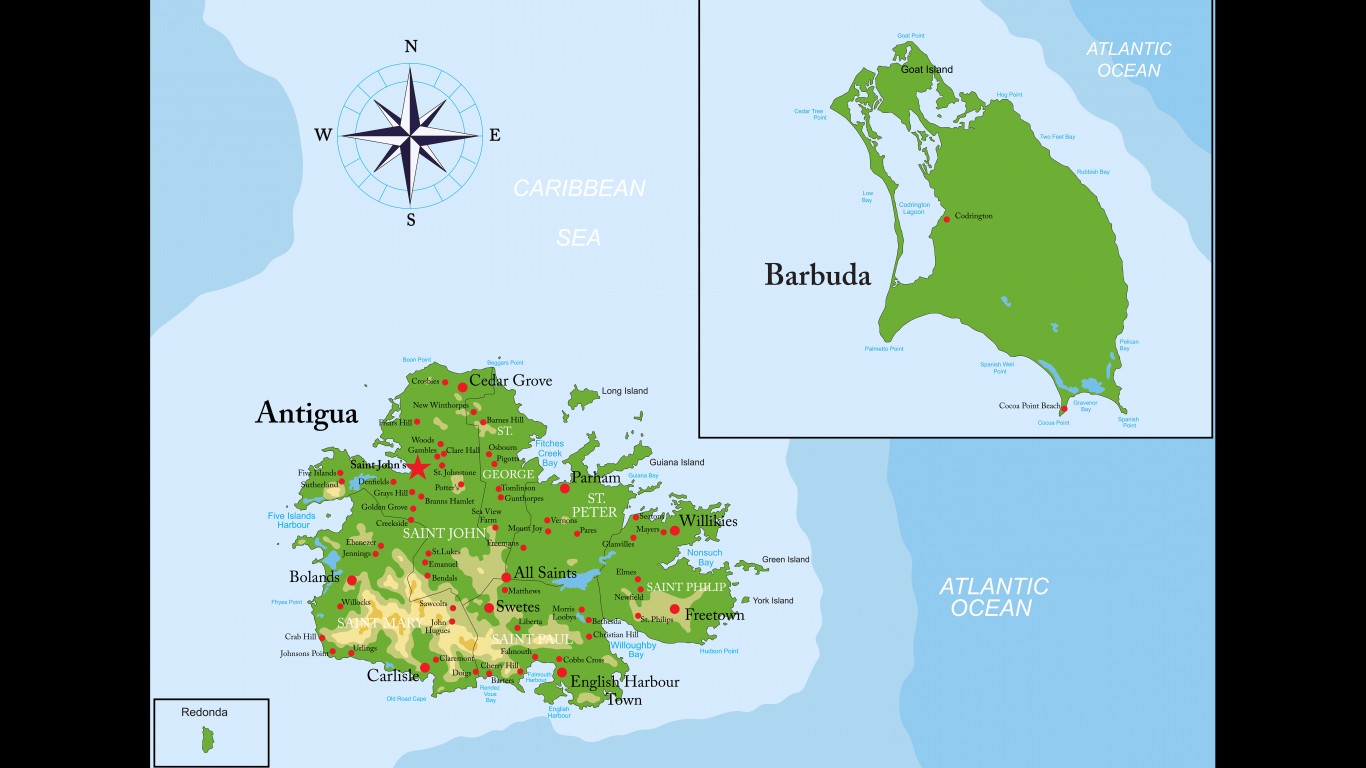
47. Antigua and Barbuda
> Joined: Nov. 1, 1981
> Population: 98,730
> System of government: Unitary Commonwealth realm
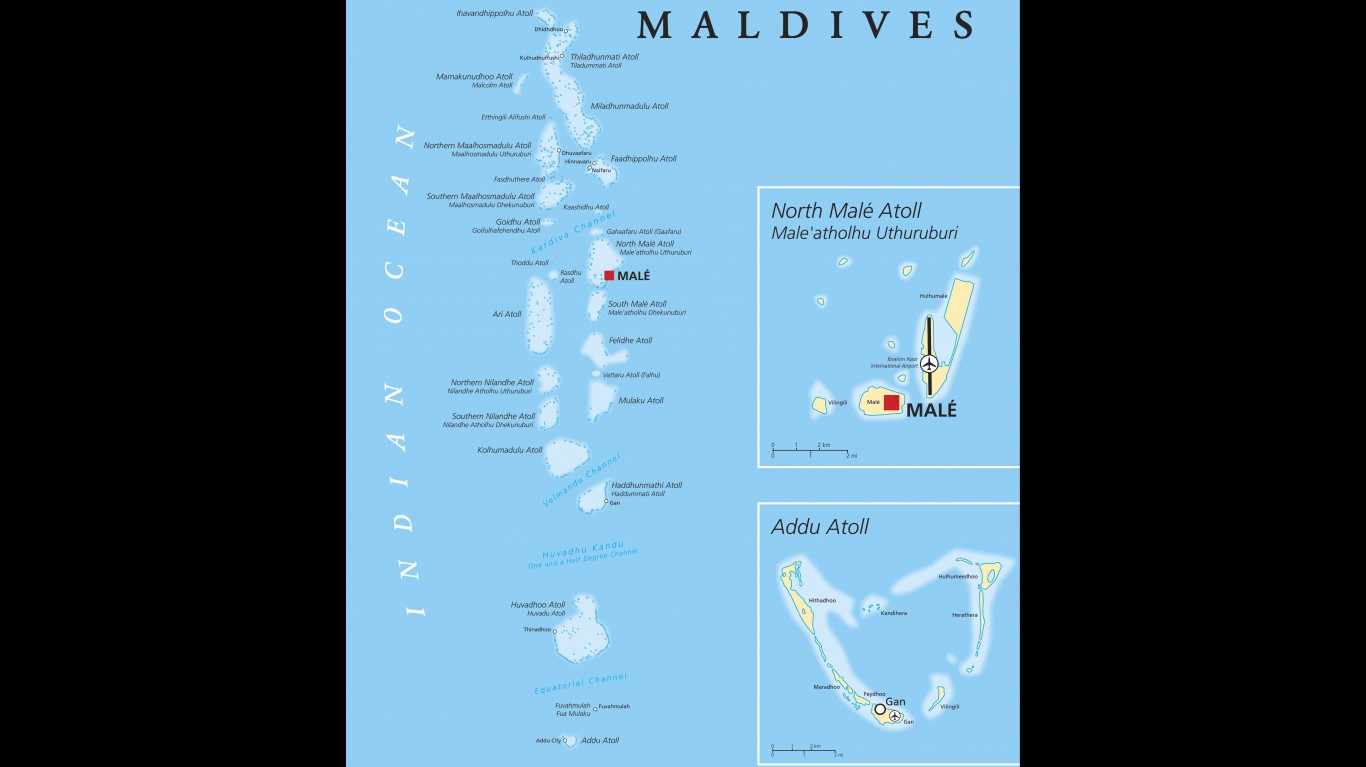
48. Maldives
> Joined: July 9, 1982
> Population: 543,620
> System of government: Unitary presidential republic
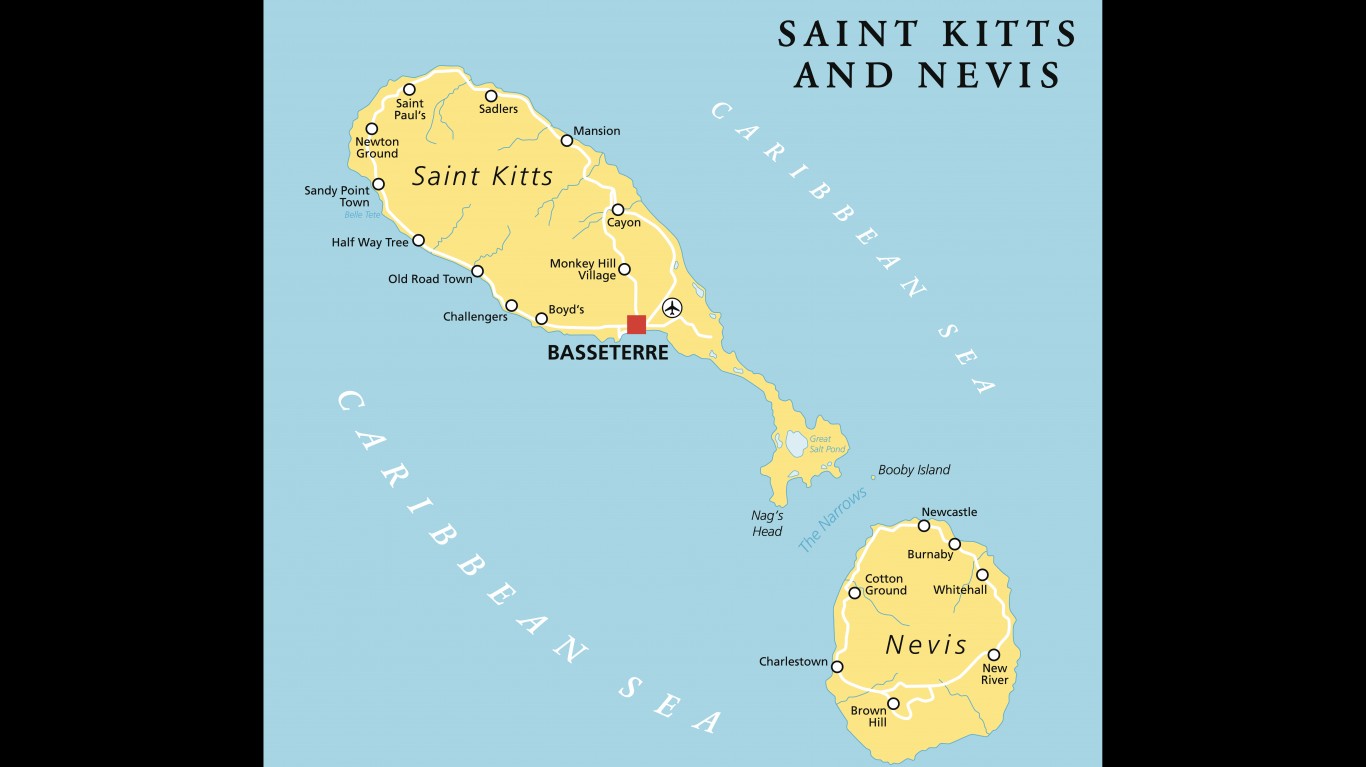
49. Saint Kitts and Nevis
> Joined: Sep. 19, 1983
> Population: 53,550
> System of government: Federal Commonwealth realm
[in-text-ad-2]
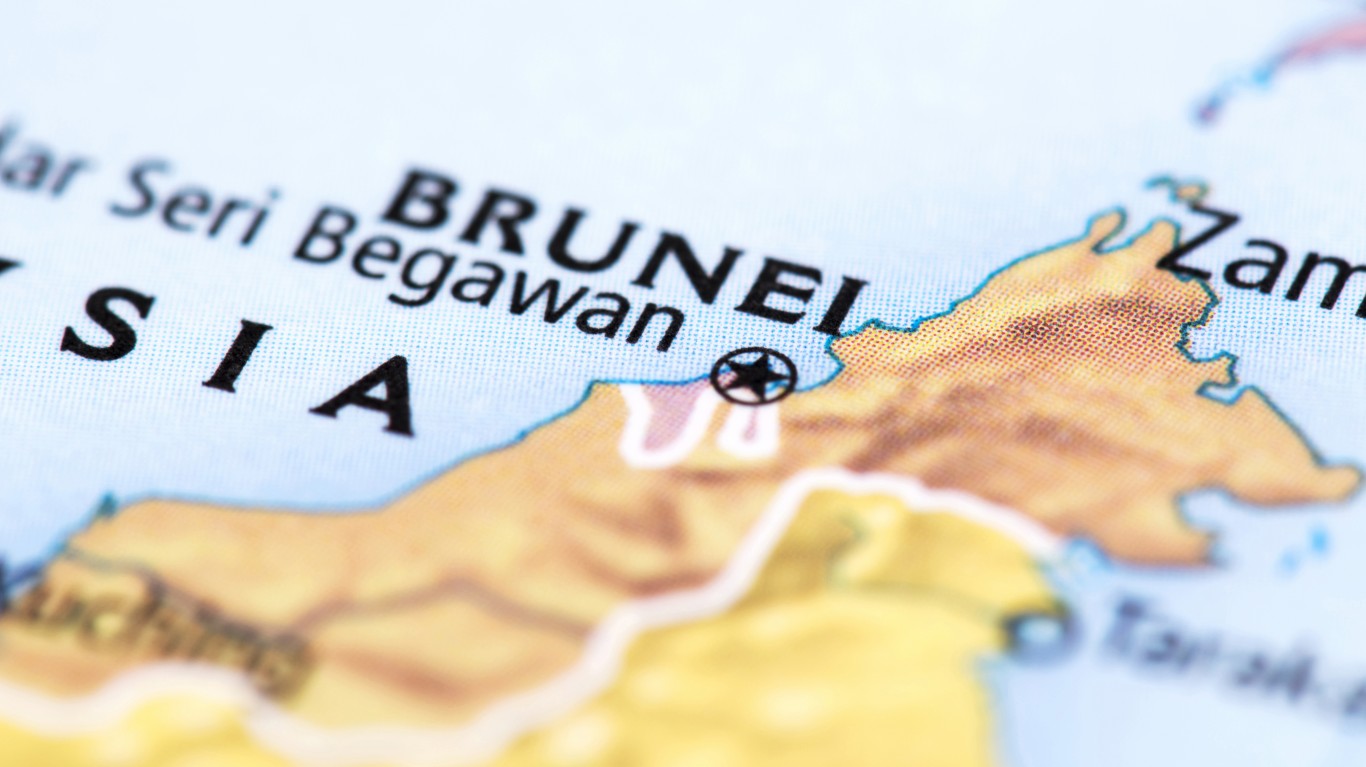
50. Brunei
> Joined: Jan. 1, 1984
> Population: 441,530
> System of government: Unitary Islamic absolute monarchy
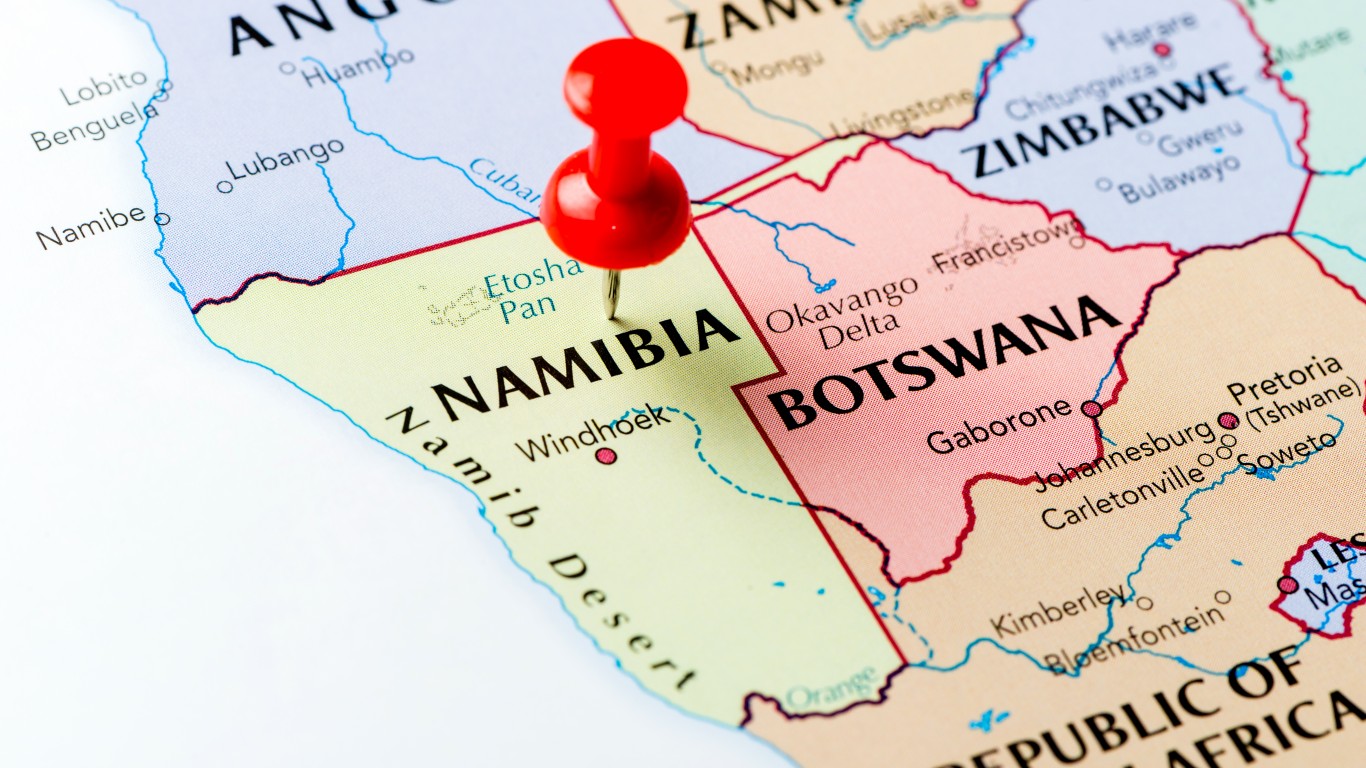
51. Namibia
> Joined: March 21, 1990
> Population: 2,587,340
> System of government: Unitary semi-presidential republic
[in-text-ad]
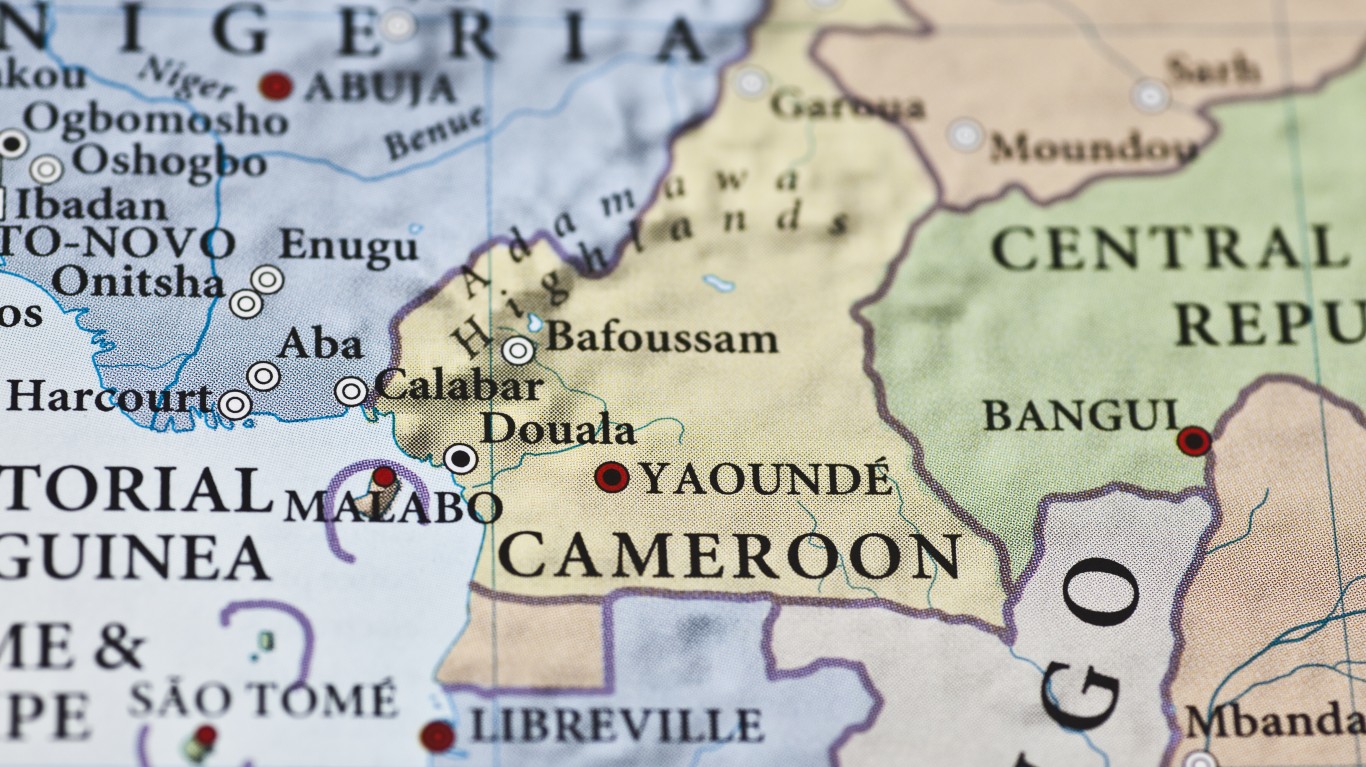
52. Cameroon
> Joined: Nov. 13, 1995
> Population: 27,224,260
> System of government: Unitary semi-presidential republic
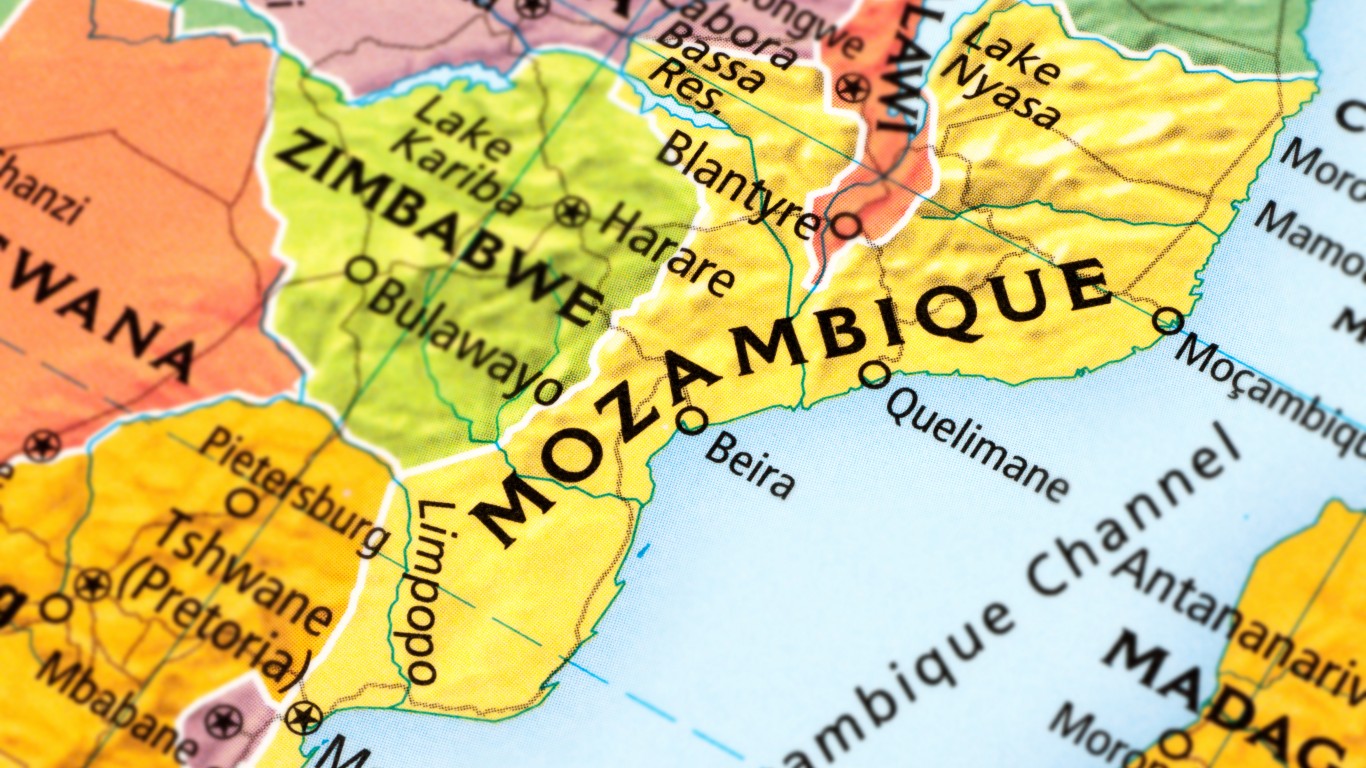
53. Mozambique
> Joined: Nov. 13, 1995
> Population: 32,163,040
> System of government: Unitary semi-presidential republic
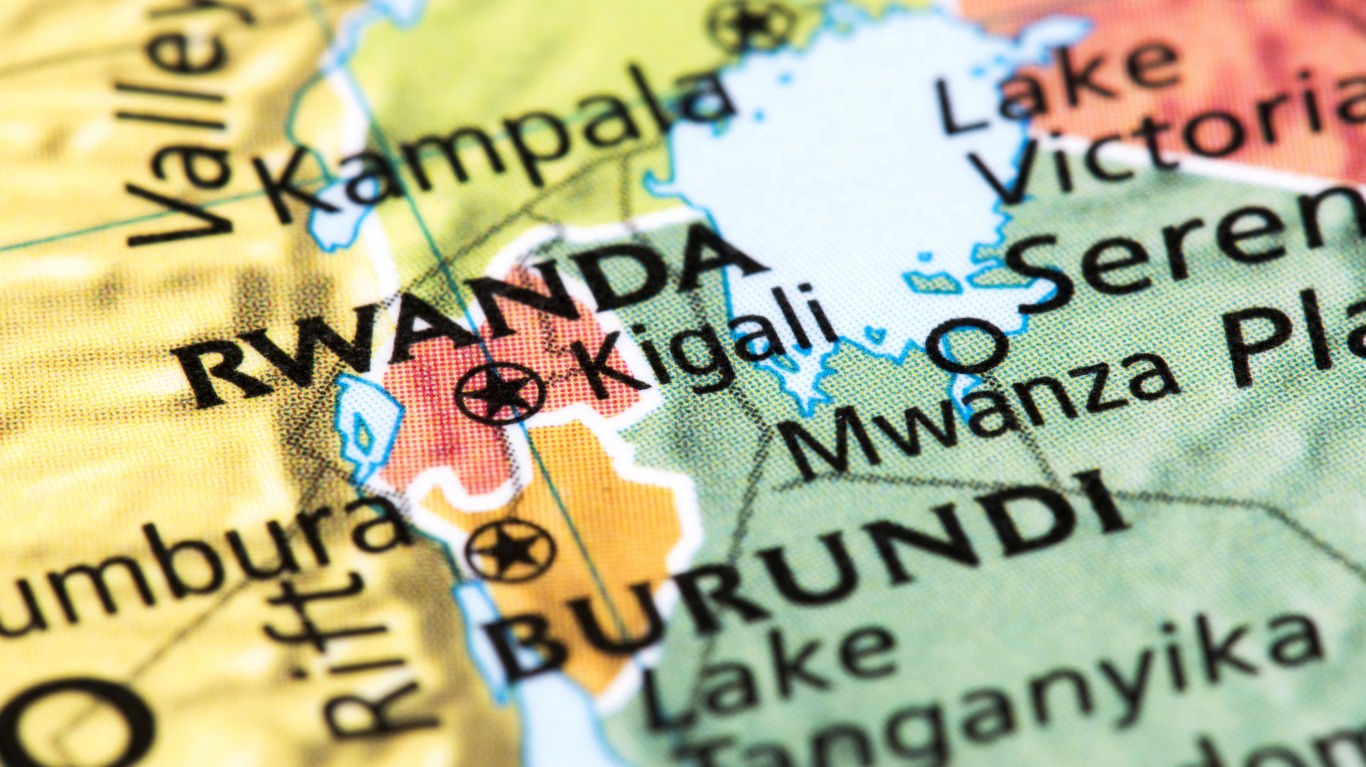
54. Rwanda
> Joined: Nov. 29, 2009
> Population: 13,276,520
> System of government: Unitary presidential republic
[in-text-ad-2]
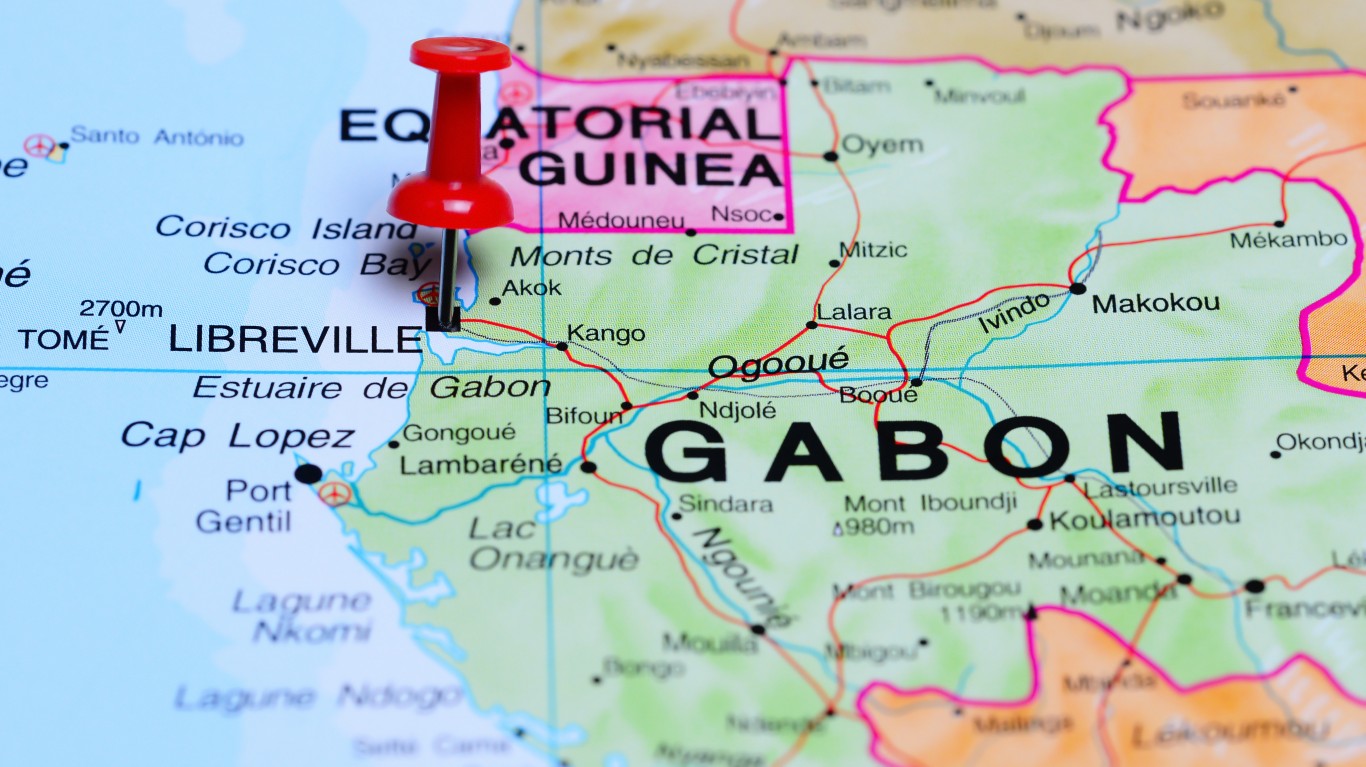
55. Gabon
> Joined: June 25, 2022
> Population: 2,278,830
> System of government: Unitary presidential republic
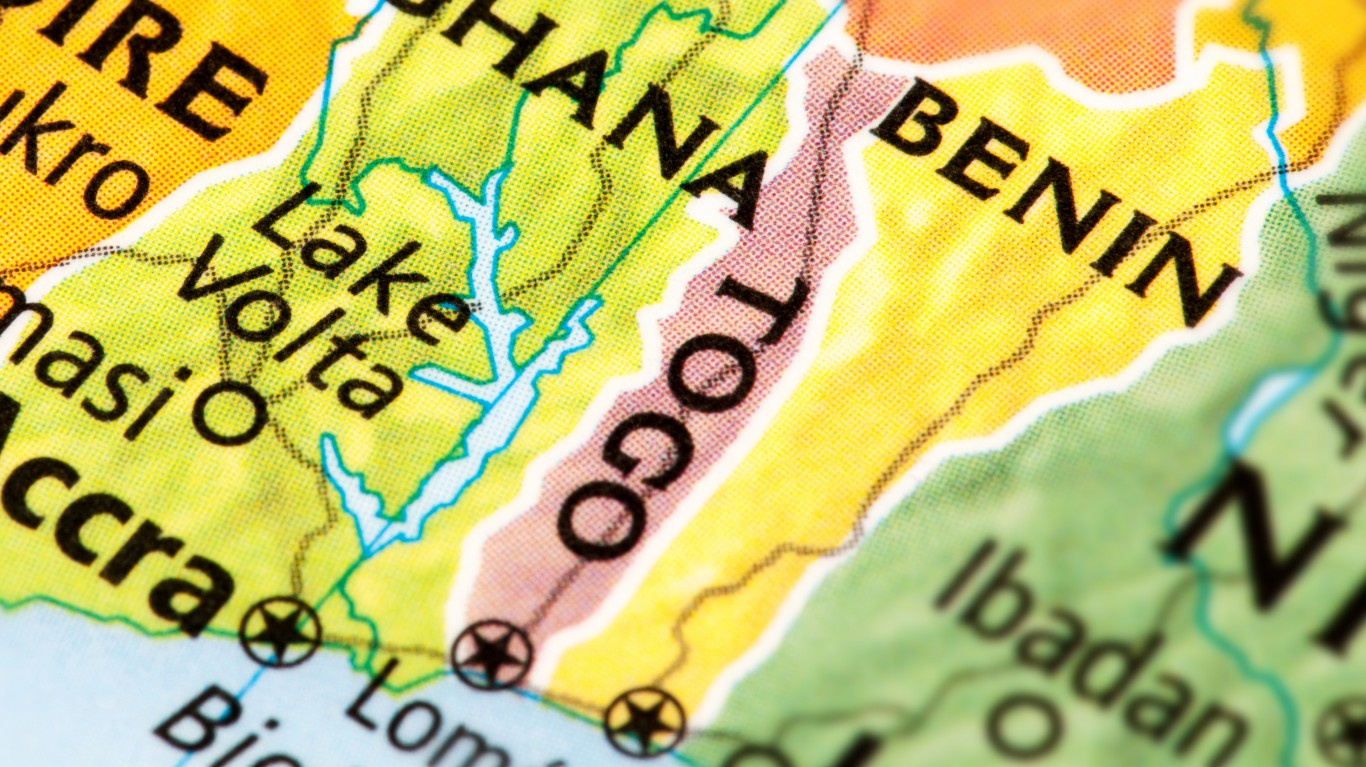
56. Togo
> Joined: June 25, 2022
> Population: 8,478,240
> System of government: Unitary presidential republic
It’s Your Money, Your Future—Own It (sponsor)
Are you ahead, or behind on retirement? For families with more than $500,000 saved for retirement, finding a financial advisor who puts your interest first can be the difference, and today it’s easier than ever. SmartAsset’s free tool matches you with up to three fiduciary financial advisors who serve your area in minutes. Each advisor has been carefully vetted and must act in your best interests. Start your search now.
If you’ve saved and built a substantial nest egg for you and your family, don’t delay; get started right here and help your retirement dreams become a retirement reality.
Thank you for reading! Have some feedback for us?
Contact the 24/7 Wall St. editorial team.
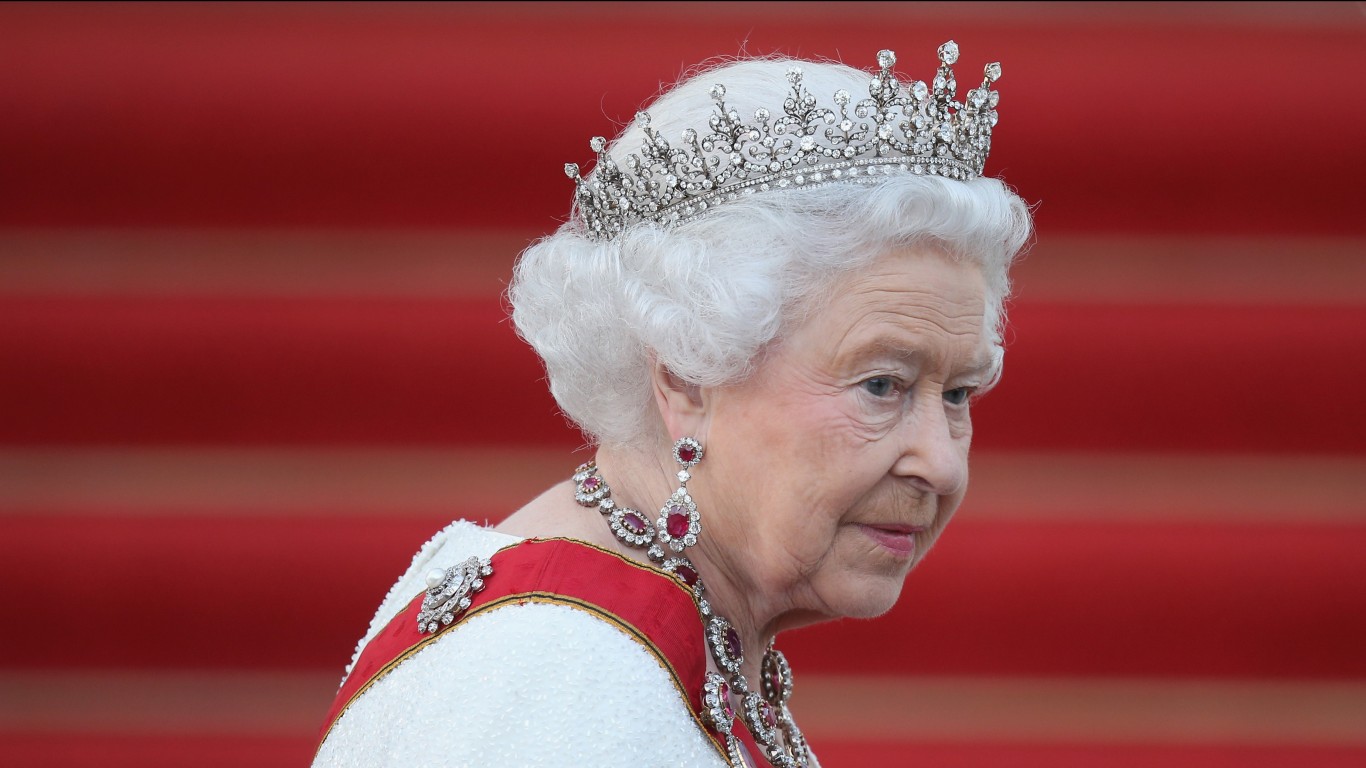 24/7 Wall St.
24/7 Wall St.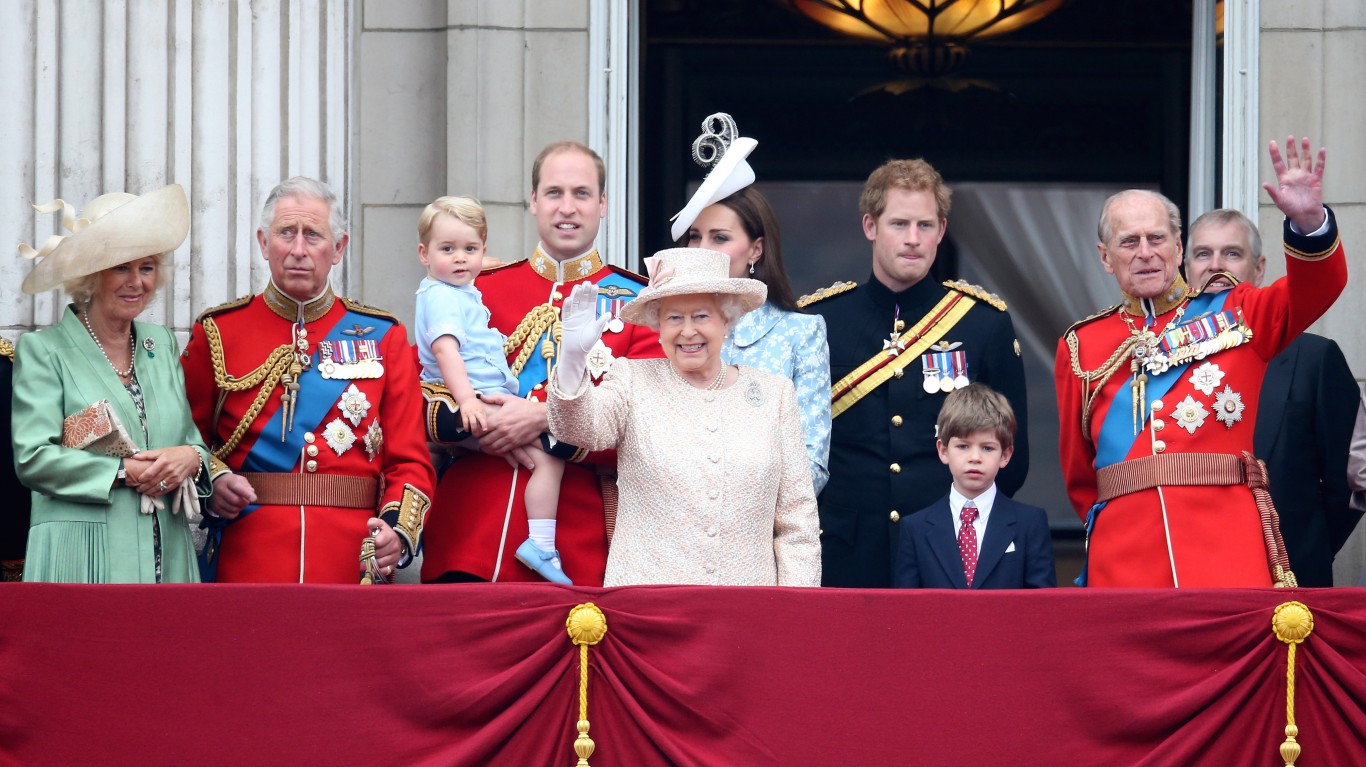 24/7 Wall St.
24/7 Wall St.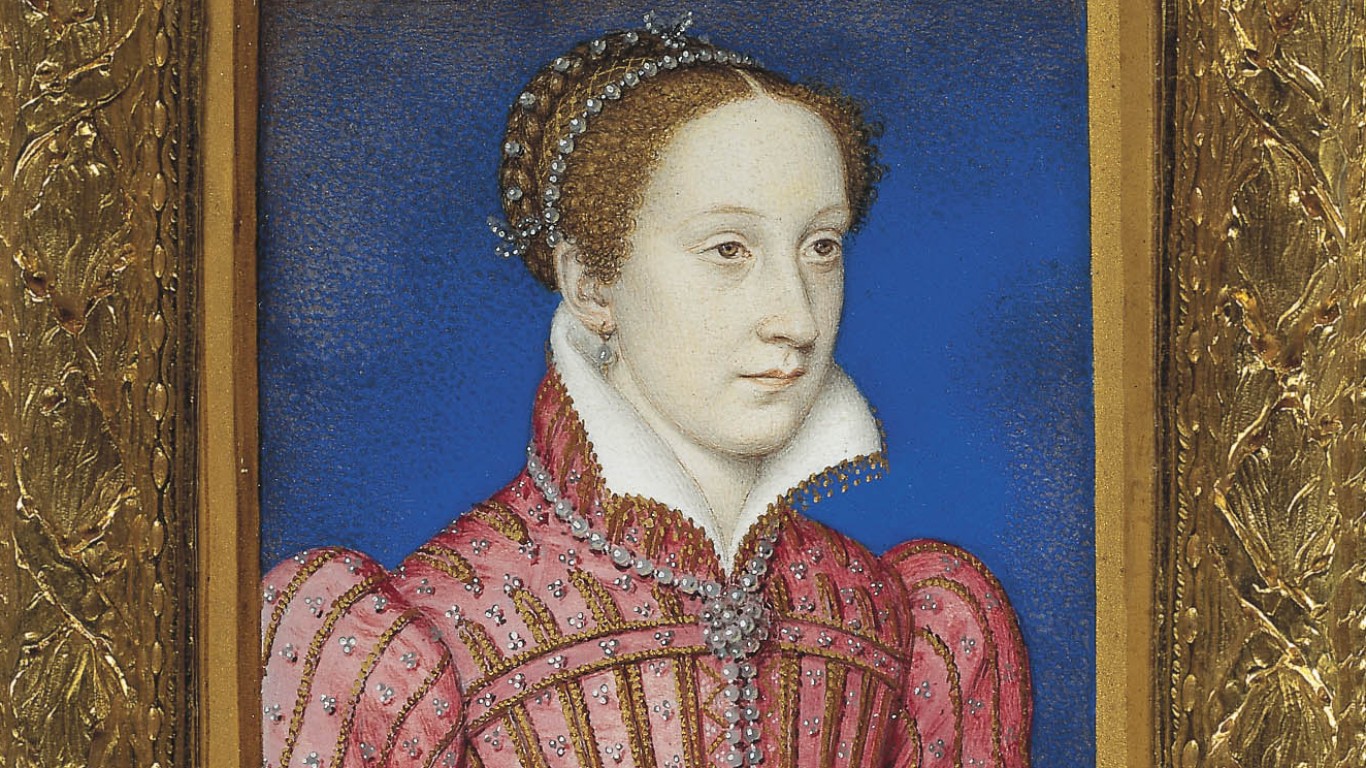 24/7 Wall St.
24/7 Wall St. 24/7 Wall St.
24/7 Wall St.